Business & Management
Mak PIM CoE Acquires Modern Video Conferencing Facility & Furniture Worth USD 77,000
Published
3 years agoon
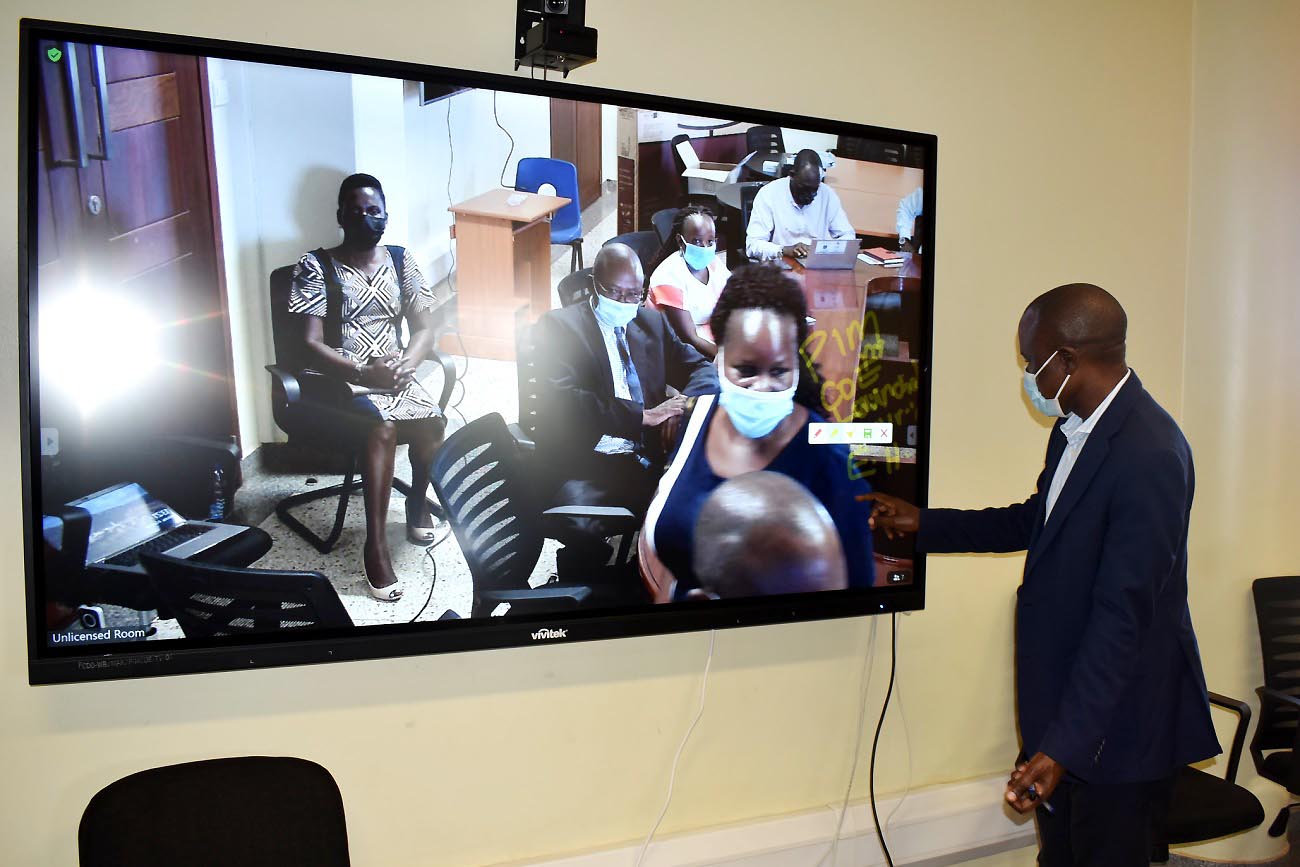
By Jane Anyango
Makerere University Centre of Excellence in Public Investment Management (PIM CoE) on 4th October, 2021 launched an assortment of IT equipment and furniture worth USD 77,000 (approximately UGX 277million) funded by the World Bank in collaboration with the Foreign, Commonwealth and Development Office (FCDO).
The WB and FCDO supported the university with a grant of USD 810,000 to undertake a number of activities including training, research and capacity building at the School of Economics. Part of the capacity building is the procurement of IT equipment and furniture.
The equipment was commissioned by the Principal, College of Business and Management Sciences (CoBAMS) Prof. Eria Hisali on behalf of the University Management witnessed by representatives from the Government of Uganda and the World Bank online.
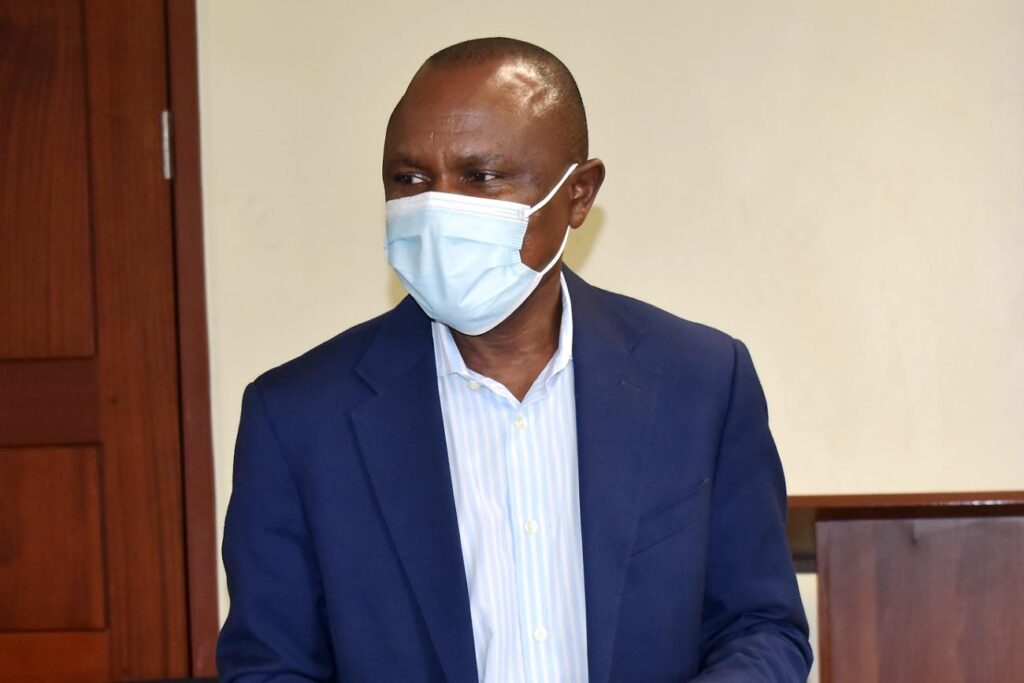
The equipment launched includes a state-of-the-art video conferencing facility theVivitek86” collaborative and interactive flat Novo touch screen that cost USD 34,000. On the screen, you can teach, split and have different people connected to it wirelessly. You can also demonstrate and annotate your presentation on this screen. The smart board has an inbuilt camera that can zoom in and reset videos at any time.
Other IT equipment launched include12 Computers, 4 laptops, 2 LCD projectors, and an all-in-one printer scanner copier all procured at USD 27,000.
The centre also procured office furniture comprising 5 office desks and 5 office tables, 40 training chairs and 20 training tables and a 20-seater boardroom table all worth USD 16,000.
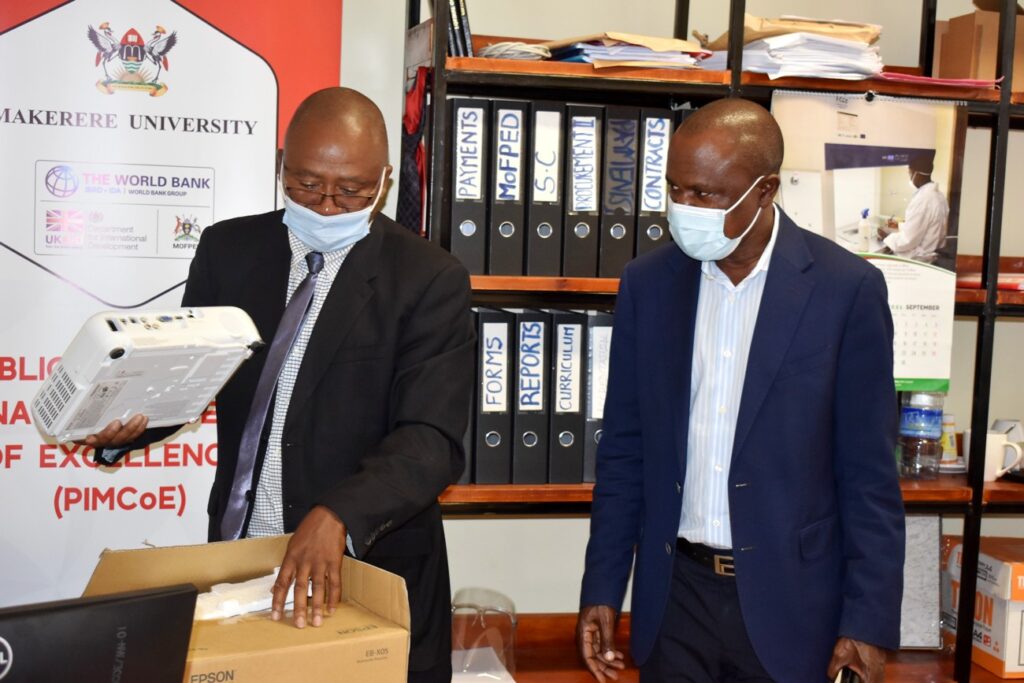
Launching the equipment, Prof. Eria Hisali appreciated the support received from the World Bank, the Foreign, Commonwealth and Development Office and Uganda’s Ministry of Finance, Planning and Economic Development. He emphasized that this should not be looked at as the end but rather, an ongoing process of strengthening the collaborations for the mutual benefit of all the participating institutions.
Dr. Hisali reported that the university has made progress in terms of inputs into this exercise of establishing the Centre of Excellence and had started taking huge steps away from looking at inputs to focusing on certain outputs and outcomes.
In terms of outputs, the Principal said, there were ongoing studies and efforts to integrate PIM into the curriculum of the university, initiate a new master’s program in investment and economic modelling as well as the training and capacity building that has been undertaken both for staff and officials from other areas of government.
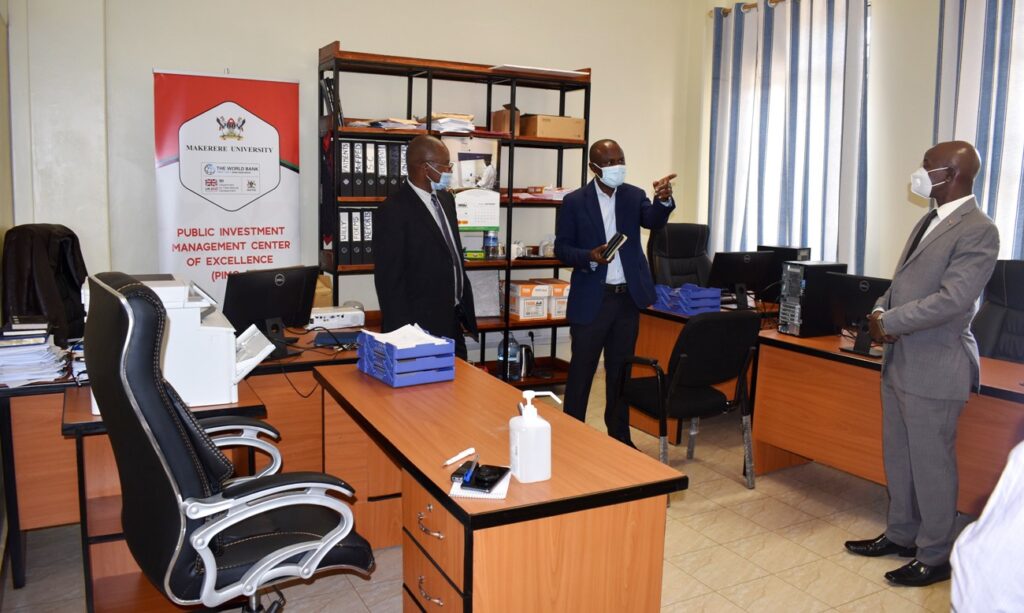
The Principal said, the Makerere has all it takes in terms of staff capacity to undertake studies and was now focused on making the PIM CoE more vibrant and planning for its sustainability.
“The challenge we want to focus on now is to go beyond the outputs we have and even ones that we have conceptualized up to this point. We need to continue to develop this as a very vibrant centre of excellence, a centre that speaks to its name, actualizes research in other areas as well as contributes to computation of certain key parameters like the shadow prices etc.
But all these issues speak to one important subject of sustainability of our centre beyond the current support being given by the bank and they are going to be a number of ways we want to look at this. In our previous engagement, we started discussions with the bank on the possibility of additional support but we will also be looking at other avenues of ensuring that the activities of the centre continue”, Dr. Hisali explained.
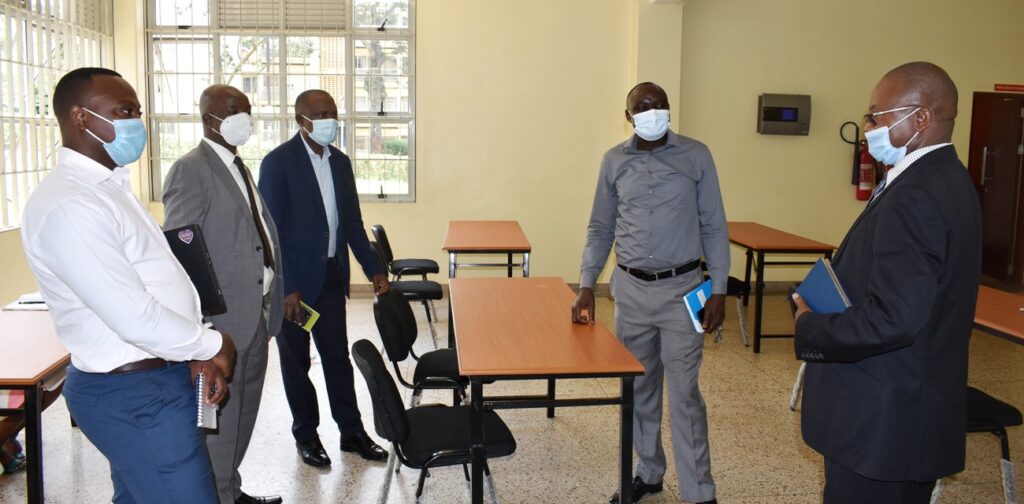
He said the university has resources from the Government of Uganda through the Research and Innovations Fund (Mak-RIF) and a college scheme to support small studies that the centre can benefit from.
The Principal Investigator PIM CoE Prof. Edward Bbaale who is also Dean School of Economics described the day’s event as remarkable in the history of the school as well as the PIM CoE and extended gratitude to the World Bank, the Foreign, Commonwealth and Development Office (FCDO) and the Government of Uganda for the support.
Prof. Bbaale said the World Bank and FCDO extended a grant of USD 810,000 to establish the centre of excellence as a response to the fact that so much of public investments were going to waste.
He reported that for every dollar that was being invested, only 38 cents or less was realized meaning 60% was lost. As a result, Prof. Bbaale said many strategies were designed to make sure that when government invests, public resources will gain the maximum out of a very dollar invested.
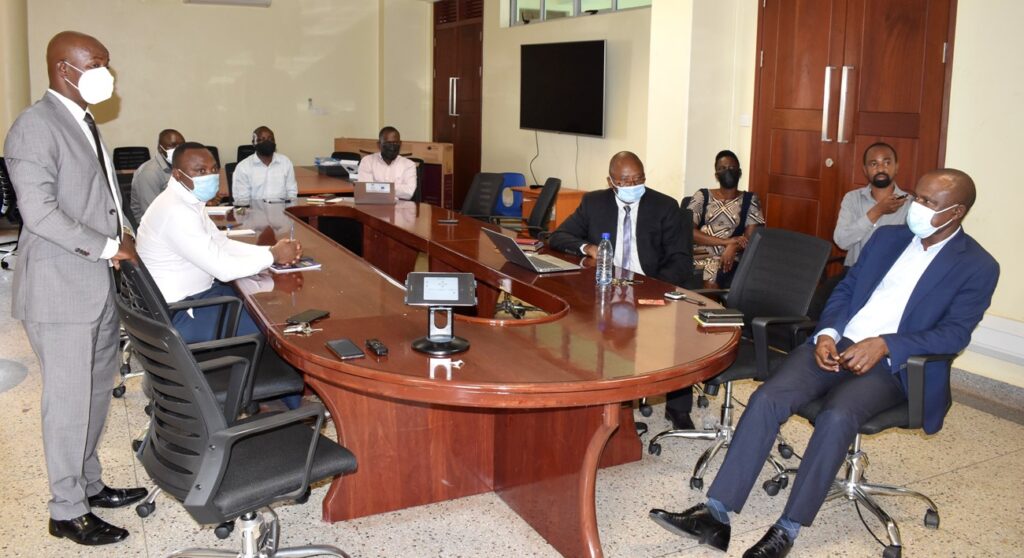
One of the interventions according to the PI was to build capacity on a sustainable basis in a premier institution like Makerere University thus the establishment of the PIM CoE to undertake training in public investment management.
Prof. Bbaale explained that public investment management goes beyond financial analysis of projects to the complex economic analysis of projects.
The Professor said, the computations that are involved in the economic analysis of projects are not only very complicated but also lacking, due to limited capacity in government and universities.
He added that the ongoing intervention is to make sure that this work can be done not only by staff but also graduate students equipped with the required knowledge.
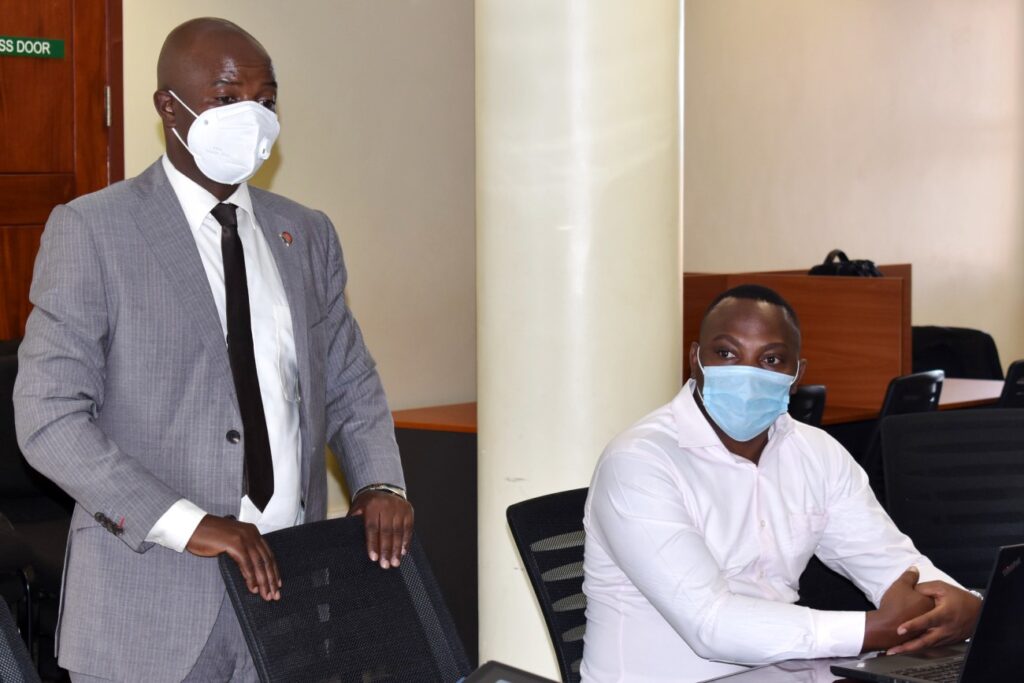
He said the World Bank and FCDO grant has been used for training staff and other stakeholders in impact evaluation methodologies and public investment management and many are lined up including university staff capacity building training slated for November in Ghana.
“What we have done today is one of those things the grant has enabled us to fulfill. We have acquired one of the newest video conferencing facilities at Makerere University that will go a long way in facilitating online learning, online conferencing and online research which is open to be used by the university community.
The World Bank in collaboration with the Foreign, Commonwealth and Development Office has also facilitated us to buy laptops and computers and we have been able to furnish an office with an interim manager. We have a conference table and chairs for training participants and Wi-Fi-enabled projectors which do not need to physically connect to the laptop, but can pick the information on the laptop and project” Prof. Bbaale reported.
The Interim Manager PIM CoE Dr. Willy Rwamparagi Kagarura said, the project aim is to establish a centre of excellence as a training facility that can contribute towards strengthening public investment management in the country.
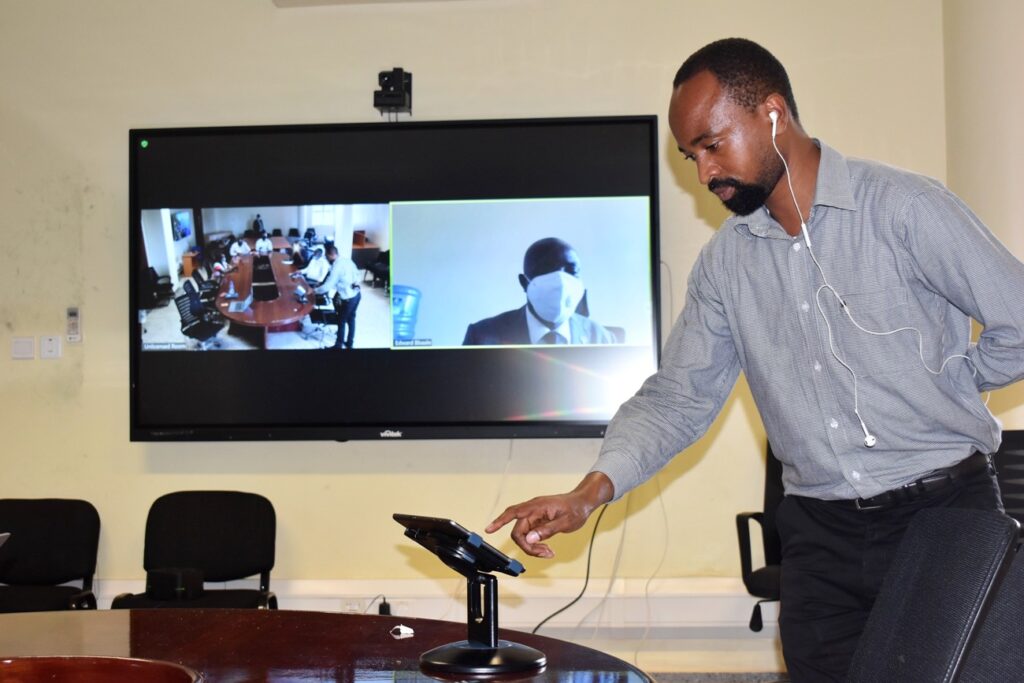
“Out of the USD 810,000, around USD 626,000 (77.3%) has been disbursed. Strategically, this was to sustainably build Capacity in PIM by addressing three areas namely training, research and advising government all aimed at improving returns on public investments.
We targeted to a PIM Centre of Excellence with a pool of experts both physically and structurally. We want to build capacity at the CoE and School of Economics. We are developing Curriculum and training materials to make this a reality. We are to train technical staff at the Ministries, Departments and Agencies and Local Governments, then we have an outreach program where we are doing research and studies after which mainstream PIM into University Economics Curriculum”, Dr. Kagarura said.
Besides the acquisition of the IT equipment and furniture, Dr. Kagarura said the centre has moved fast and trained 37 members comprising staff, students and government officials in impact evaluation methodologies, and drafted the Strategic Plan ready for validation and final print.
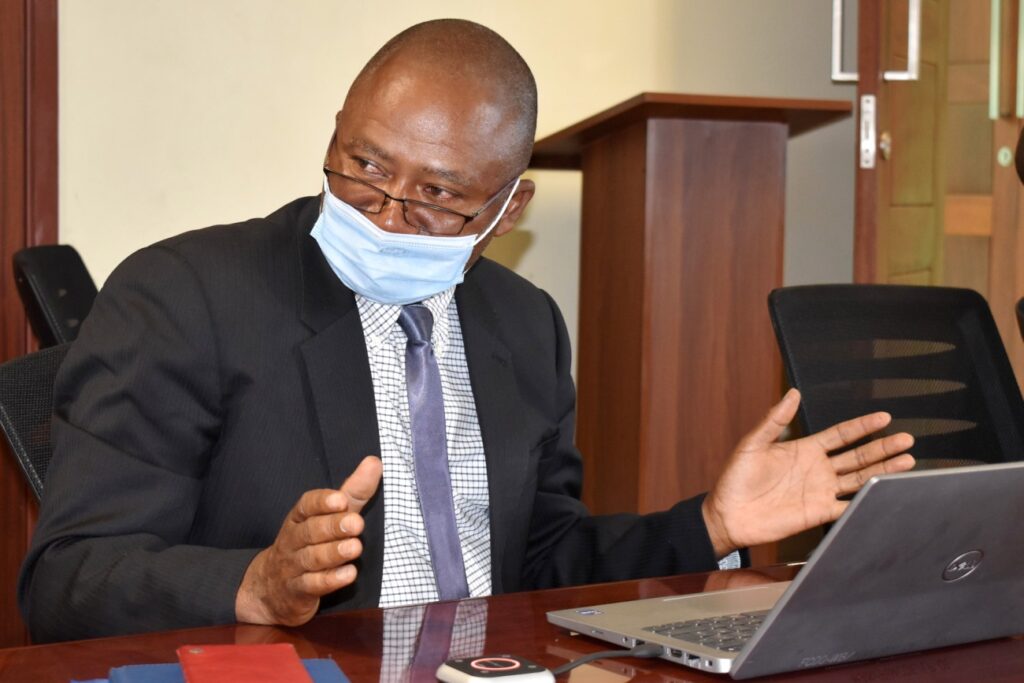
Using local curriculum, Dr. Kagarura reported that the centre has trained 45 MDA staff in the first process of a project cycle on how to develop a concept, profile and how to put it in the Integrated Bank of Projects.
The centre according to manager has also trained 10 lecturers to increase capacity for long-term PIM training, drafted the curriculum in Masters of Economic Investment and Modelling submitted to University Senate for approval and onward submission to NCHE.
Dr. Kagarura further said the centre conducted two impact evaluations on Luweero Rural Development Program and on how the improved stoves affect the welfare of people while that final draft of the study on impact of Covid-19 on public investments was awaiting final comments before validation.
As a matter of preparation, Kagarura said 3 members are scheduled to attend training in Mbale in the Financial Analysis Module of PIAR (Economic Analysis due 10th – 23rd October) while at the beginning (8th Nov – 3rd Dec 2021) 4 core staff will be attending a Training of Trainers in Ghana.
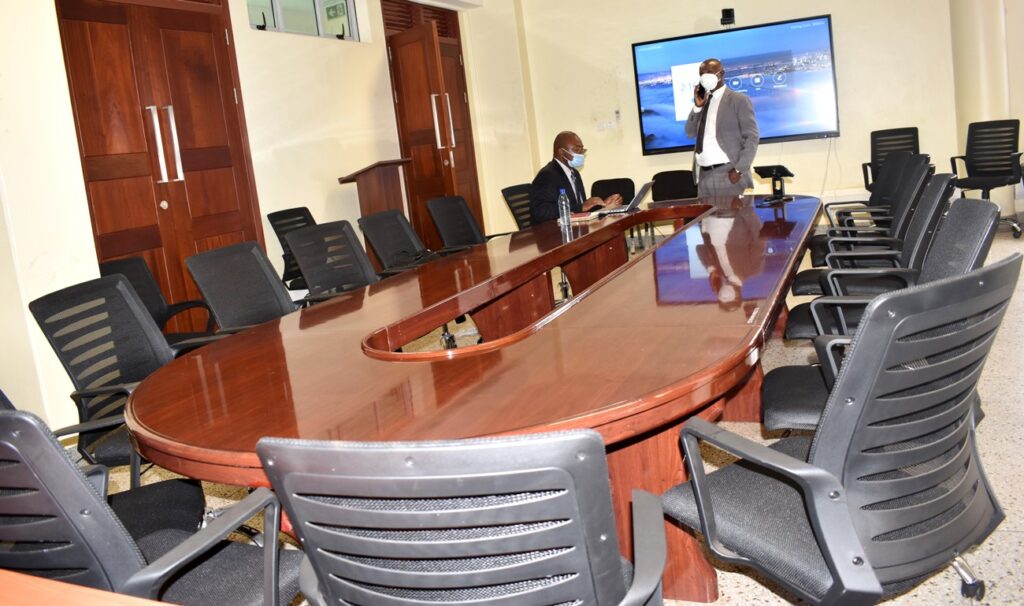
The interim manager hailed the World Bank and FCDO for the funding saying, the startup grant has created a capacity building asset for the country which should be nursed to maturity.
Kagarura however noted that in order to nurture a sustainable capacity building framework or institutional arrangement for the country and the region,there is need for increased capacity among trainers through TOTs whose outputs will be in the areas of capacity building, research and outreach and Advisory Services.
The other need he said, is to lift capacity at the centre to professional levels both in project management professional and impact evaluation so as to completely cover the project cycle.
The centre he also said needs support and to be fully popularized and to work with government so that its collection of tuition from participants is appreciated.
Jane Anyango is the Principal Communication Officer, College of Agricultural and Environmental Sciences (CAES)
You may like
-
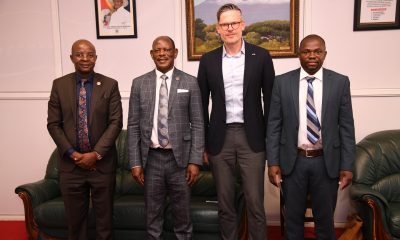

Building Resilience: Makerere Leads Climate Finance Training for Finance Officials
-
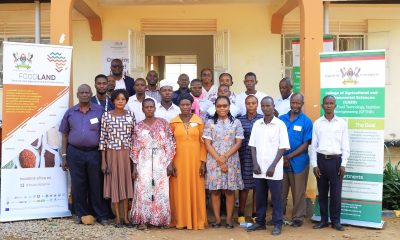

FoodLAND Project Research Dissemination: Nakaseke District Farmers Sensitized on Modern Agricultural Practices & Proper Nutrition
-
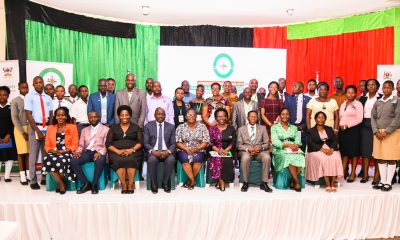

Mak develops new model to aid teaching of Maths in Lower Secondary Curriculum
-
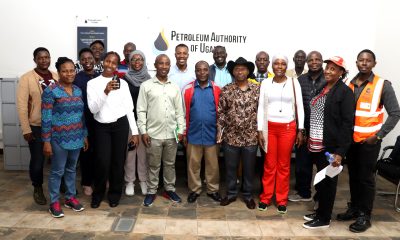

Mak Environmental Economists Explore Uganda’s Albertine Oil Fields: Identifying Research and Collaboration Opportunities
-
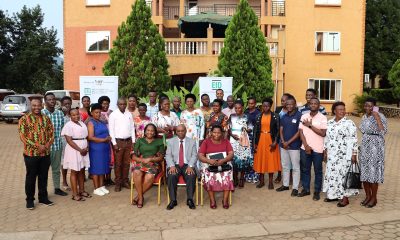

EfD Hosts Policy Dialogue on Energy Efficiency and Reduced Emissions: Hoima Residents Call for Expanded Access to Clean Energy
-
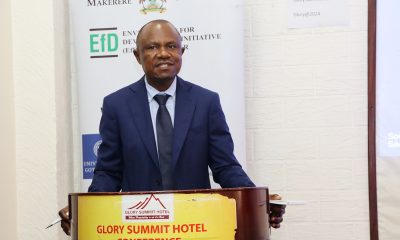

EfD-Uganda Holds Inaugural AGM: Celebrates Milestones and Outlines Future Plans
Business & Management
Building Resilience: Makerere Leads Climate Finance Training for Finance Officials
Published
3 days agoon
July 23, 2024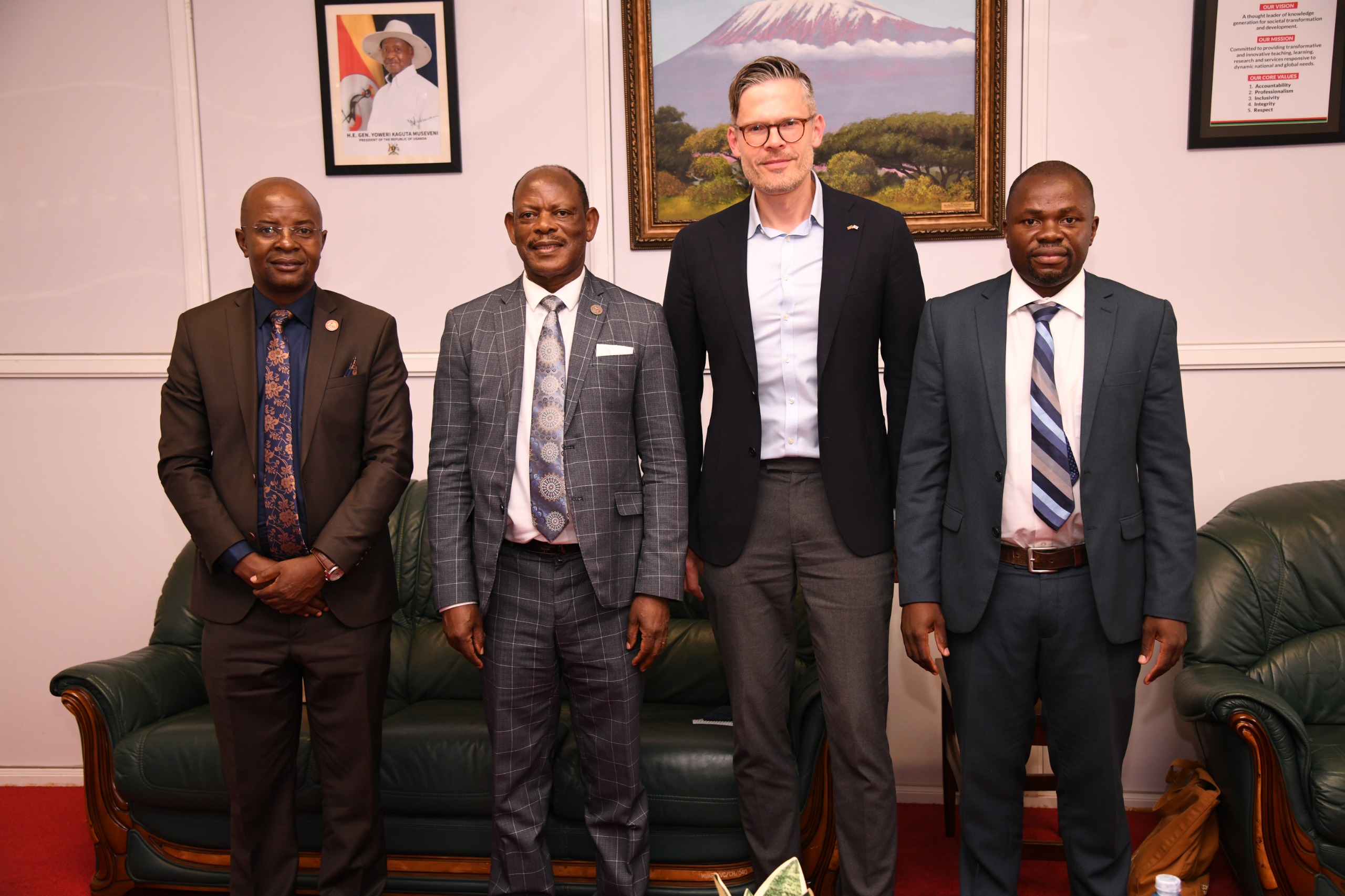
In a significant step towards enhancing Uganda’s resilience against the economic impacts of climate change, Makerere University has partnered with the Centre for Sustainable Finance at SOAS University of London and the World Resources Institute (WRI) to launch the Resilience and Adaptation Mainstreaming Program (RAMP). This initiative aims to equip officials from Uganda’s Ministry of Finance, Planning, and Economic Development (MoFPED) with the knowledge and tools needed to navigate the complex landscape of climate finance.
RAMP is part of a broader international effort to strengthen the capacity of governments, particularly in vulnerable and low- to middle-income countries, to manage the economic risks posed by climate change. Led by the WRI and supported by a network of 20 universities from Africa, Asia, and the West Indies, RAMP focuses on integrating climate adaptation strategies into the core operations of ministries of finance. This integration ensures that economic development priorities are aligned with climate adaptation needs, thereby enhancing access to adaptation finance.
Inaugural Training in Entebbe
The first training session under RAMP held in Entebbe started on July 23, bringing together policymakers and financial experts. Dr. Ulrich Volz from SOAS University of London highlighted the program’s emphasis on promoting high-quality teaching and research on climate adaptation economics and finance. “Working with local universities allows us to scale up the program effectively,” he noted. The network’s diverse range of institutions, including the University of the West Indies, University of Dar es Salaam, and University of Nairobi, underscores its global reach and commitment to building local capacity.
Prof. Edward Bbaale, Principal of the College of Business and Management Sciences at Makerere University, officially opened the 5-day training session. He urged participants to leverage this opportunity to develop their skills in sustainable finance and incorporate these practices into daily decision-making processes. Prof. Bbaale praised SOAS University of London and WRI for their partnership and the extensive training provided to the faculty in Ghana and Nairobi. He highlighted the critical role of education in equipping individuals with the knowledge and tools needed to address climate-related challenges in the financial sector.
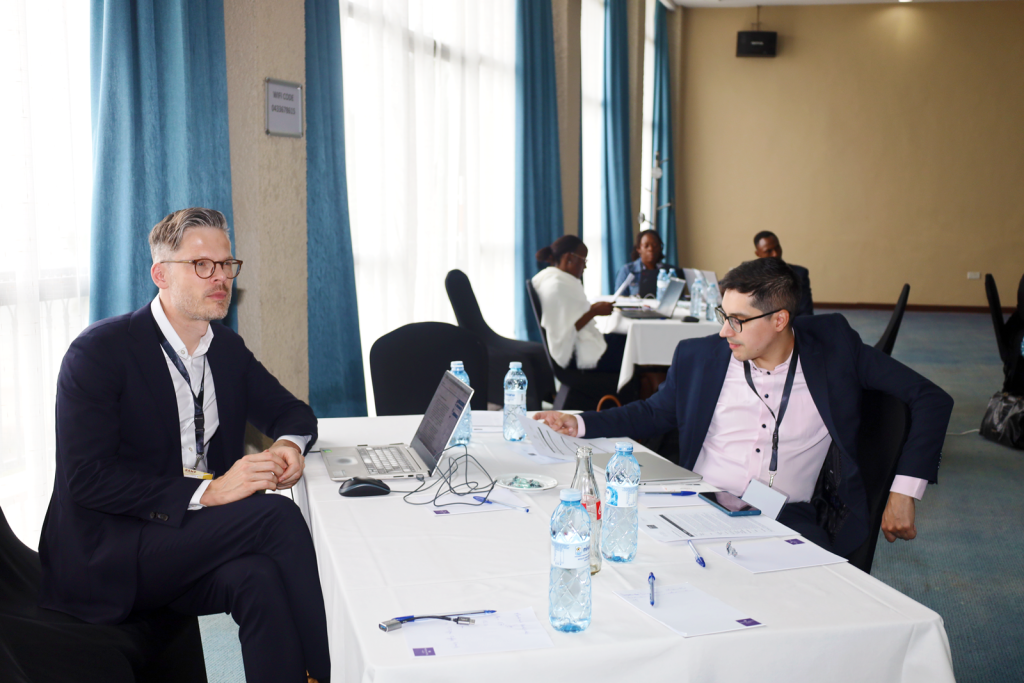
Dr. Harald Heubaum, Deputy Director of the Centre for Sustainable Finance at SOAS University of London, added that the program provides interdisciplinary training for policymakers, focusing on macro-fiscal policies, budgeting, financial sector supervision, trade, and public financial management. “We hope to use this workshop to build a shared understanding of the economics and finance of climate change adaptation,” he said.
Highlighting the Importance of Climate Finance
Mr. Bradley Kratzer, Adaptation Finance Associate at WRI, stressed the importance of integrating climate change considerations into financial decision-making processes. He called for collaboration between policymakers, financial institutions, and development organizations to address climate change challenges. “Integrating climate risk assessments into economic planning and budgeting is crucial for sustainable development,” he emphasized.
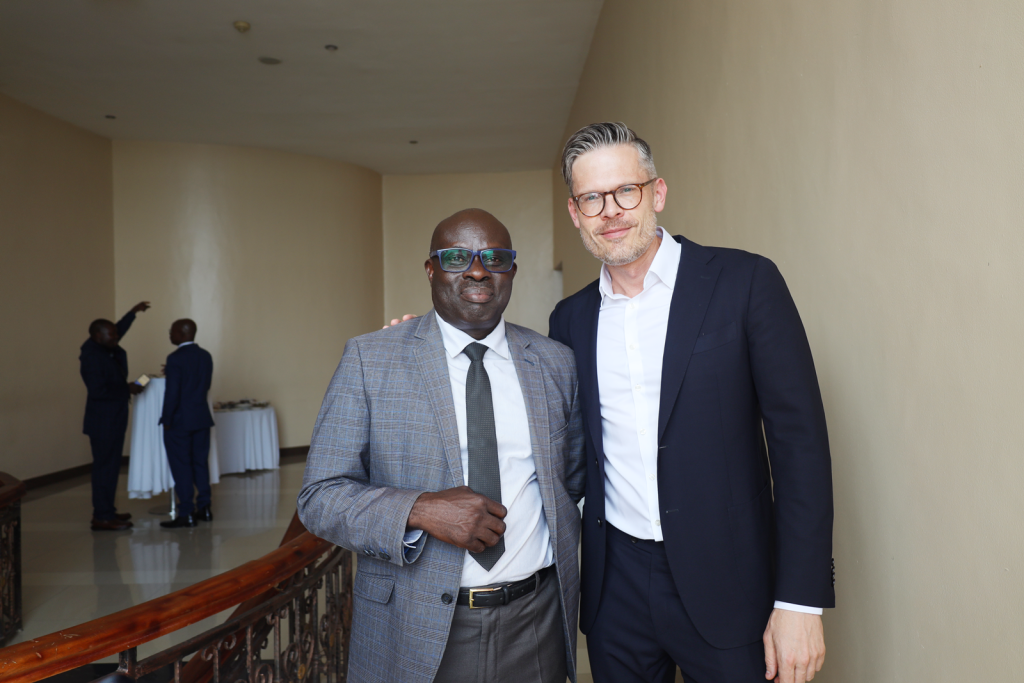
Mr. Sam Mugume from MoFPED’s department of macro-economic policy expressed gratitude for the training, underscoring that climate change is not just an environmental issue but an economic one that requires proper management. He advocated for proactive measures such as investing in resilient infrastructure and promoting green finance initiatives to mitigate economic risks.
Climate Change Effects on Uganda
Uganda faces significant climate change impacts, including increased temperatures, erratic rainfall, and more frequent extreme weather events such as droughts and floods. These changes threaten agriculture, water resources, and overall economic stability. The agricultural sector, which employs a large portion of the population, is particularly vulnerable, with crop yields and livestock production expected to decline. This not only affects food security but also increases poverty levels, Dr. Ibrahim Mike Okumu shared during his presentation.
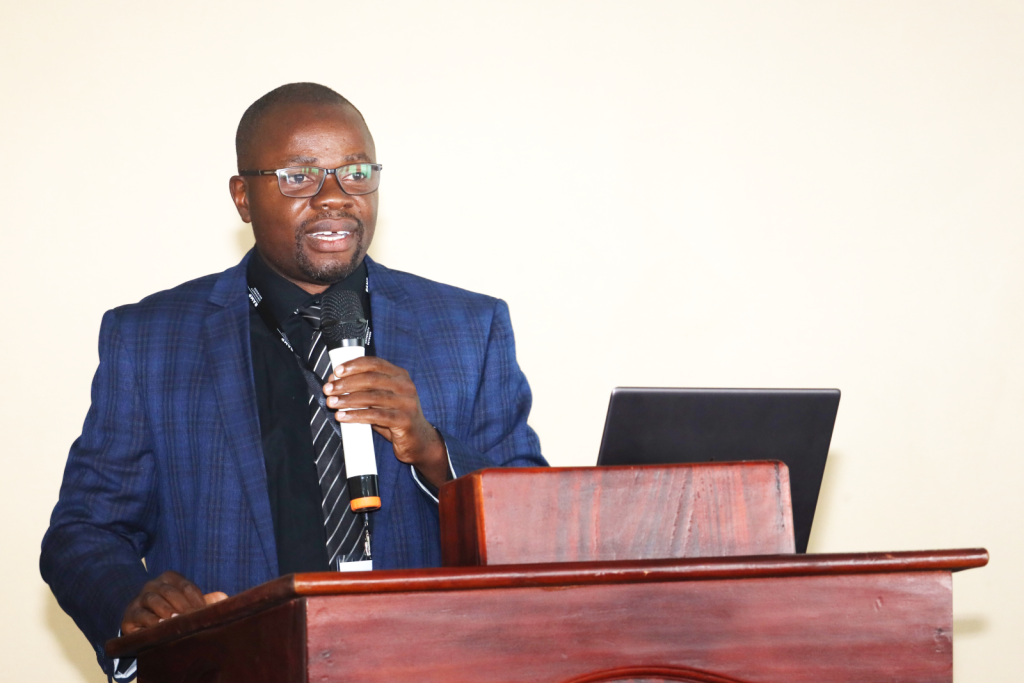
RAMP’s efforts to build resilience and adaptation capacities in Uganda are thus timely and essential, Dr. Mugume added. By empowering government officials with the necessary skills and knowledge, the program aims to ensure that Uganda can effectively manage the economic challenges posed by climate change and safeguard its developmental gains.
The Resilience and Adaptation Mainstreaming Program represents a crucial step forward in the global fight against climate change. By fostering collaboration between leading academic institutions and government bodies, RAMP is setting the stage for a more resilient and sustainable future.
Business & Management
Mak Environmental Economists Explore Uganda’s Albertine Oil Fields: Identifying Research and Collaboration Opportunities
Published
4 days agoon
July 22, 2024By
Jane Anyango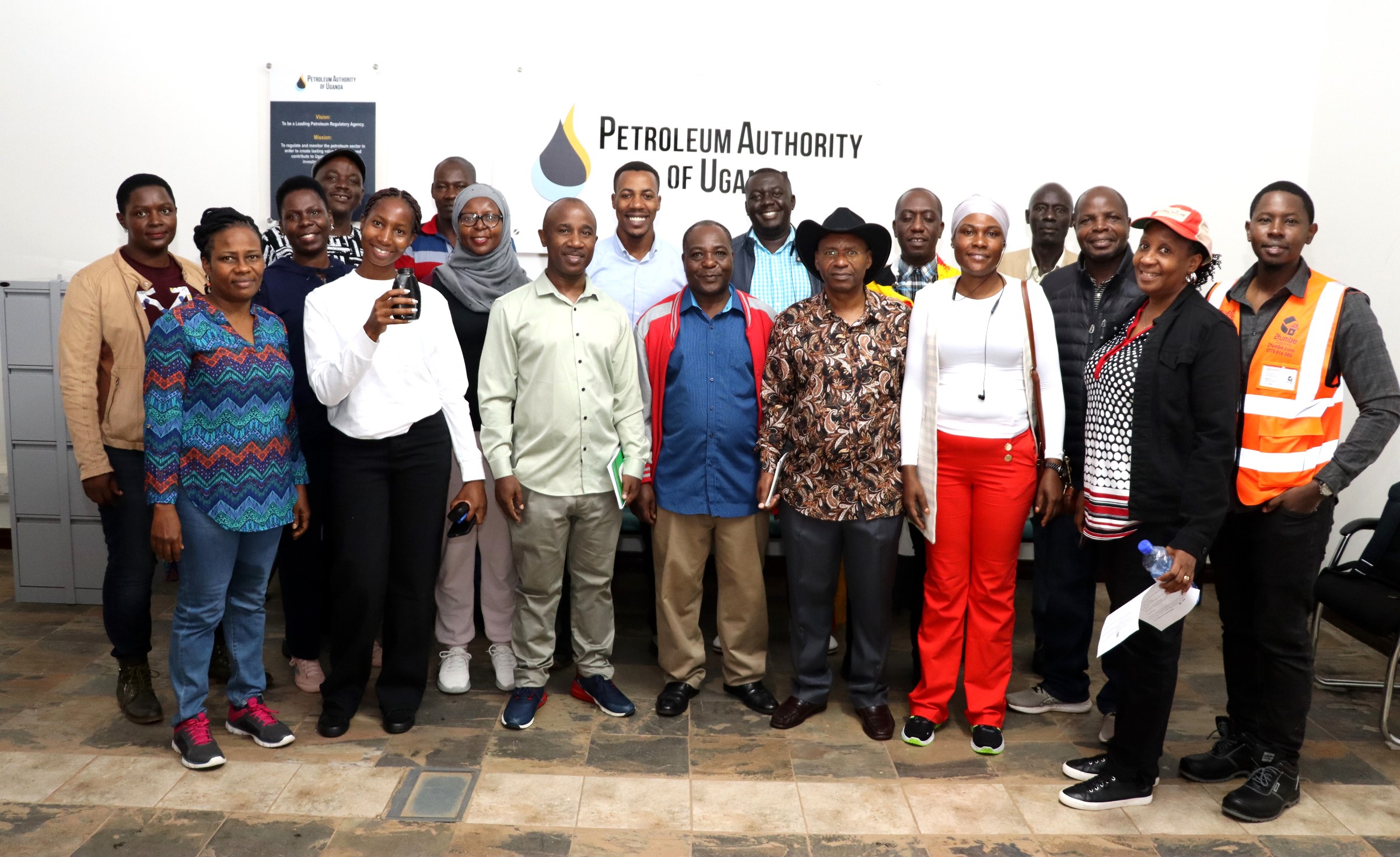
A team of environmental economists from Makerere University recently visited the Albertine oil fields in Uganda to assess ongoing operations in terms of oil and gas exploration and uncover potential research and collaboration opportunities.
The field visit conducted from 17th-20th July 2024 by the EfD –Mak centre in the districts of Hoima, Buliisa and Kikuube aimed to bridge the gap between academic research and practical applications, focusing on the interaction between oil extraction activities and local communities, environmental management and sustainable development.
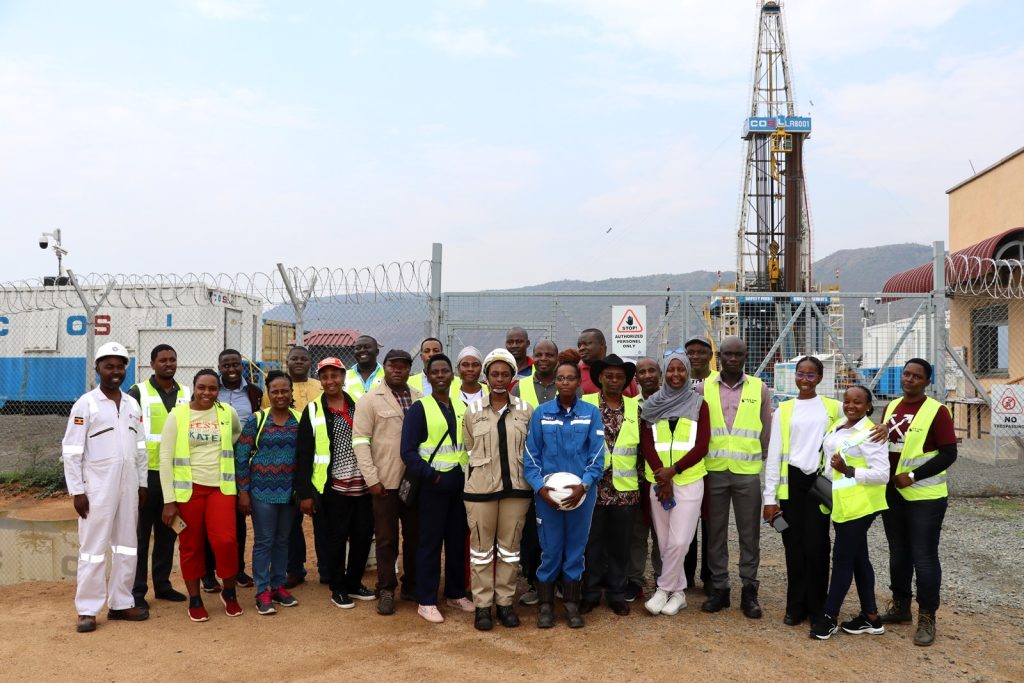
The centre has established two layers of policy engagement by registering key policy actors both at national and subnational levels. This year’s centre theme is “Energy Efficiency”. The theme was selected following the need for transformation from biomass dependence to cleaner energy sources at household level, but also the need for cleaner energies in manufacturing, transport among others.
The reliance on biomass is a key global challenge towards environmental protection and reversing climate change effects. In Uganda, over 85% and 13% of the population use firewood and charcoal for cooking respectively.
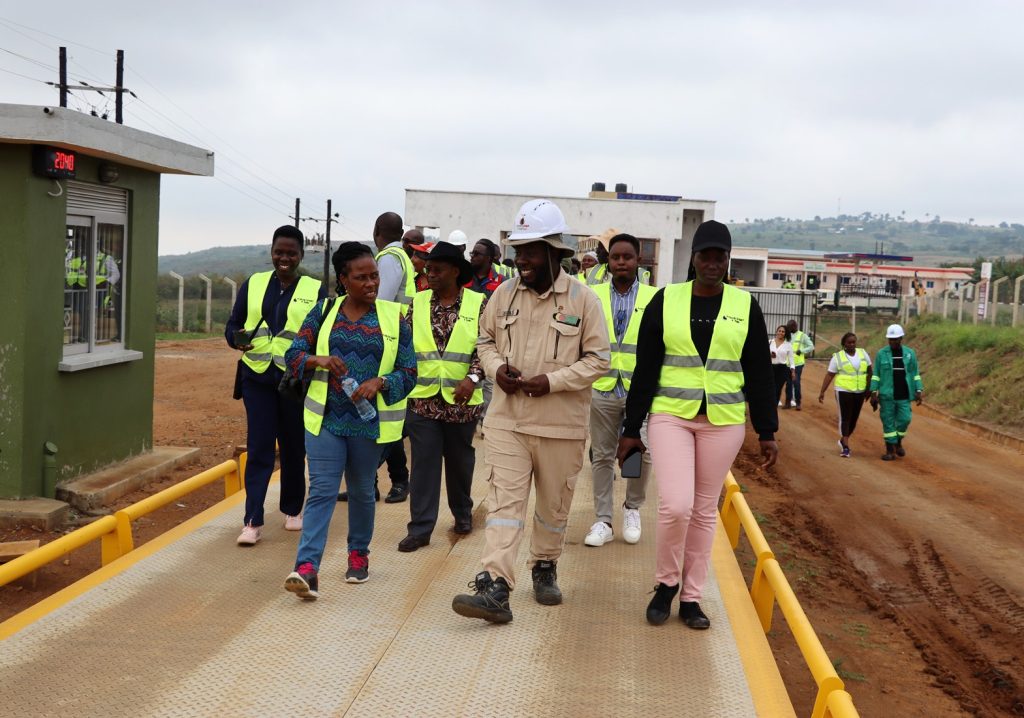
Established in 2018 and inaugurated at Makerere University in 2019, the EfD Mak centre strives to foster transdisciplinary research, knowledge transfer, and research-to-policy engagement and community interventions in environmental economics.
In view of the above, the centre organized a three day outreach in three districts and held her inaugural Annual General Meeting and launched a policy dialogue on 18th July 2024 at Glory Summit Hotel in Hoima which attracted over 60 people including district leadership, community based organisations, civil servants, private sector and academia.
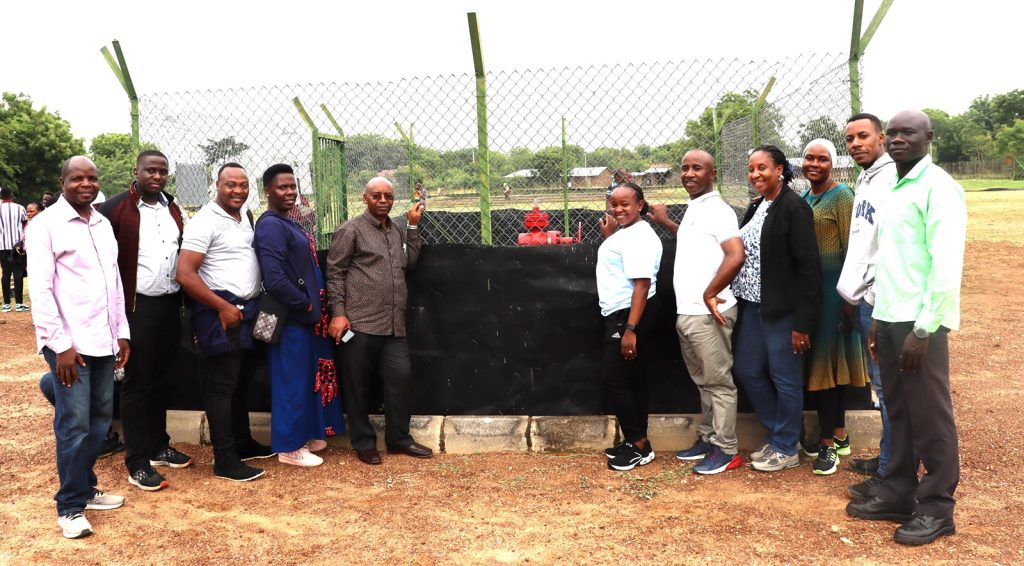
For the last two days, the researchers led by the Centre Deputy Director Prof Johnny Mugisha visited the Uganda Petroleum Authority in Hoima, visited oil wells including the Central Processing Facility, King fisher, Tilenga Industrial Park, Kasemene site 1, the Luwero Industries Ltd Oil waste treatment plant and the Kabalega International Airport.
“The objective of visiting the oil and gas sites and companies is to enable our research fellows familiarize with activities and operations in Uganda’s oil and gas with a view of fostering researchable projects, constructive dialogue and policy developments on critical issues related to sustainable development, environmental stewardship, environmental risk management and responsible oil and gas operations in the sensitive ecosystem of Lake Albert and Murchison Falls National park”, team leader, Prof. Mugisha explained.
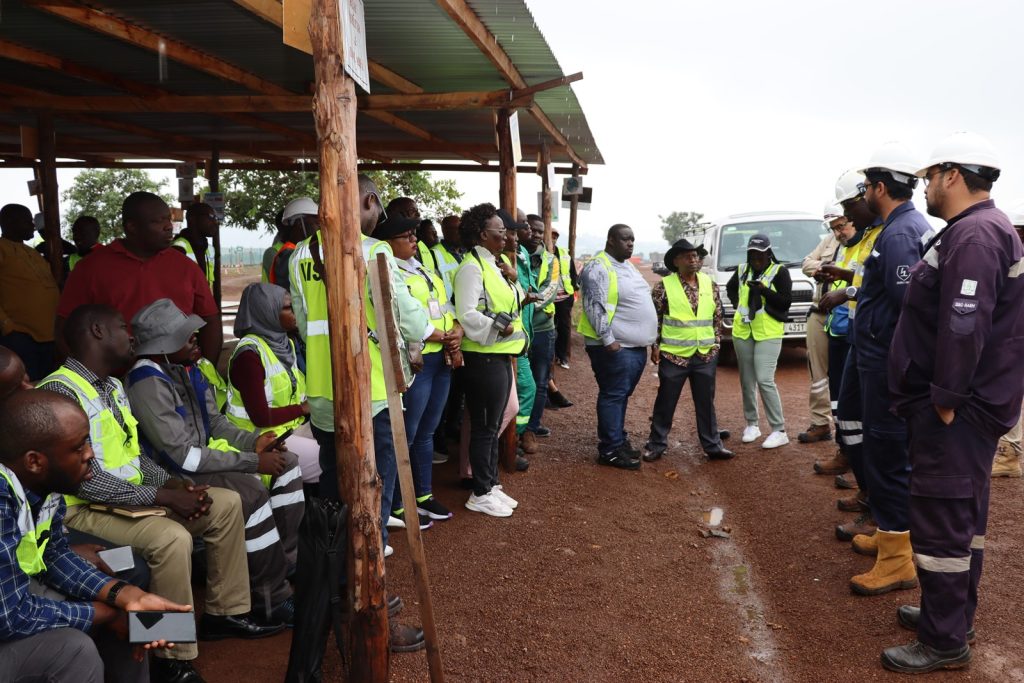
The centre’s areas of interest included the environmental impact assessment and monitoring, petroleum waste management practices, integration of biodiversity conservation, community engagement and socio economic impacts.
Other areas of interest were regulatory framework and compliance, water resource management and protection, climate change resilience and adaptation strategies, corporate social responsibility initiatives, long term environmental management plans and how Makerere University can collaborate effectively with the Petroleum Authority of Uganda, CNOOC, UNOC and Total Uganda to enhance research and knowledge sharing on sustainable practices, environmental conservation and petroleum management.
EfD Researchers Gain Critical Insights from Oil and Gas Community Visits
Researchers concluded a three-day visit to oil and gas communities, gaining firsthand insights into the sector’s impact and future prospects. The visit emphasized the need for informed research and sustainable planning to maximize the benefits of Uganda’s oil and gas resources and prepare for future challenges.
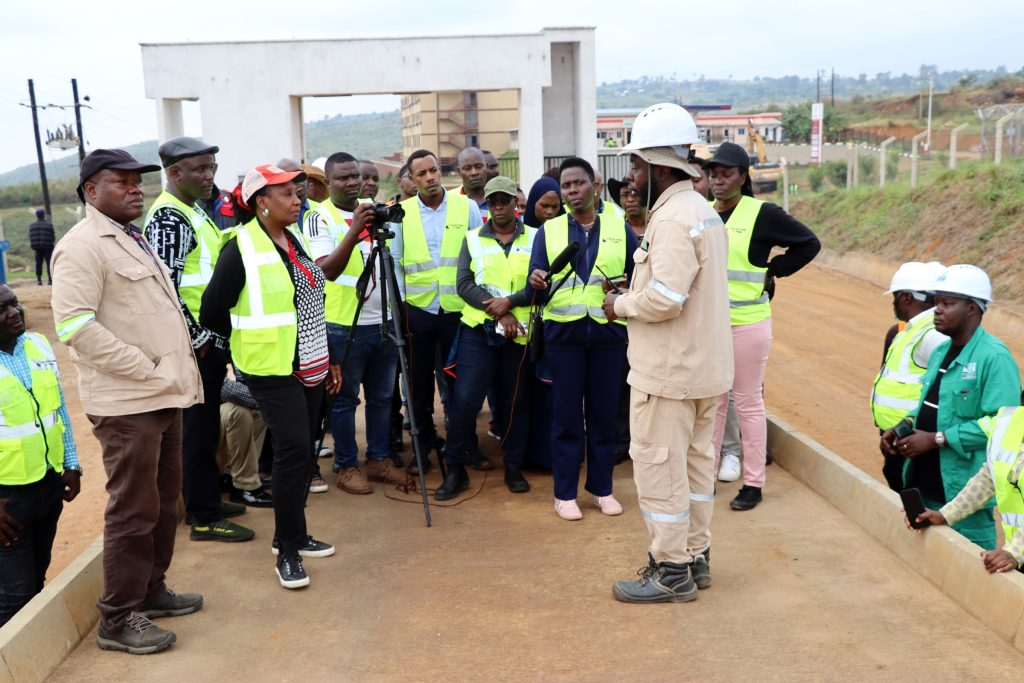
Firsthand Observations Critical: Dr. Madina Mwagale Guloba, Senior Research Fellow at EfD Mak, emphasized the value of seeing conditions on the ground to counteract misinformation about oil and gas exploration. “Seeing is believing, and seeing also learning from a point of view is very critical,” she stated. Dr. Guloba dispelled what she termed “corridor talk,” noting that community members affected by oil projects appeared happier and saw more opportunities. She stressed the importance of sustainable planning, saying, “In the next 30 years, people would have gotten even more opportunities.”
Cross-Cutting Research Needed: Prof. Johnny Mugisha, Deputy Centre Director, emphasized the necessity of interdisciplinary research, noting the interdependence of the petroleum sector and farming communities. He underscored that Makerere University needs to boost its research and outreach efforts to aid policy development. “From interactions in Hoima, Bulisa, and with people in the oil sector, the lessons learned indicate that Makerere University has much more to contribute, especially in research, outreach, and grassroots stakeholder engagement. We often view the petroleum and gas sector as separate from farming communities, but our experiences show a significant relationship and interaction between them. Therefore, research should not be limited to one entity but should be cross-cutting,” stated Mugisha.
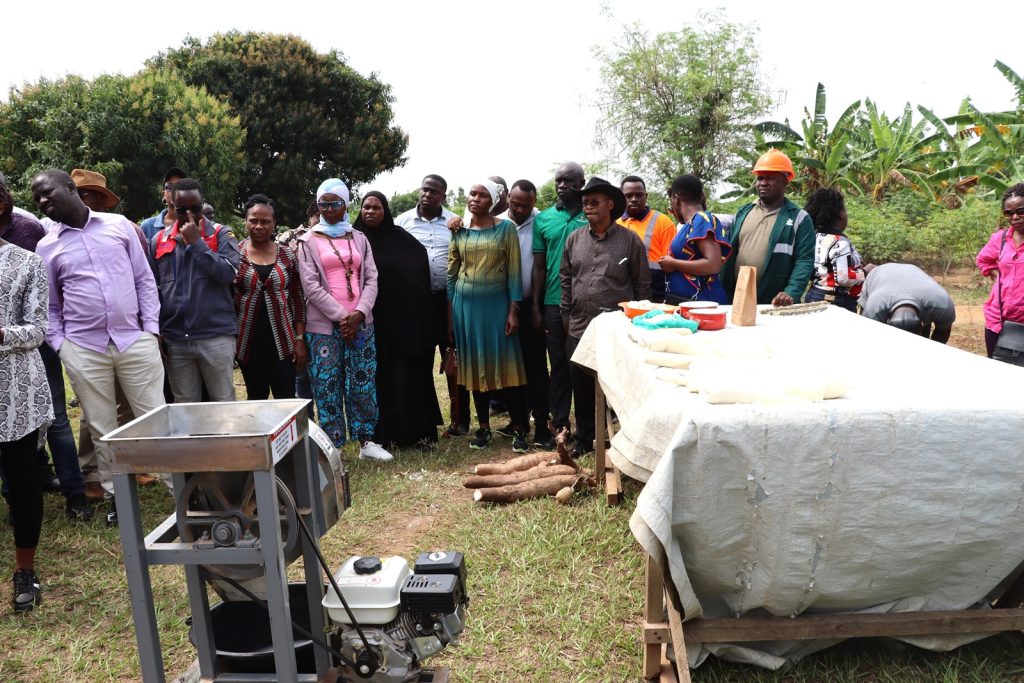
On-the-Ground Engagement: Dr. Alex Tatwangire, Research Fellow and Lecturer, emphasized the value of direct stakeholder interaction, noting effective environmental mitigation plans and agricultural integration in restoring livelihoods for project-affected persons. He called for continued research to address policy gaps. The visit highlighted the importance of informed research and sustainable planning in maximizing the benefits of Uganda’s oil and gas resources while preparing for future opportunities.
Reflecting on his experience, Dr. Tatwangire remarked, “This engagement with stakeholders on the policy of energy utilization in Hoima has been incredibly useful. We’ve had the chance to observe the oil extraction process firsthand. Reading about it and hearing about it is one thing, but going on the ground and interacting with everyone involved provides a much richer understanding.”
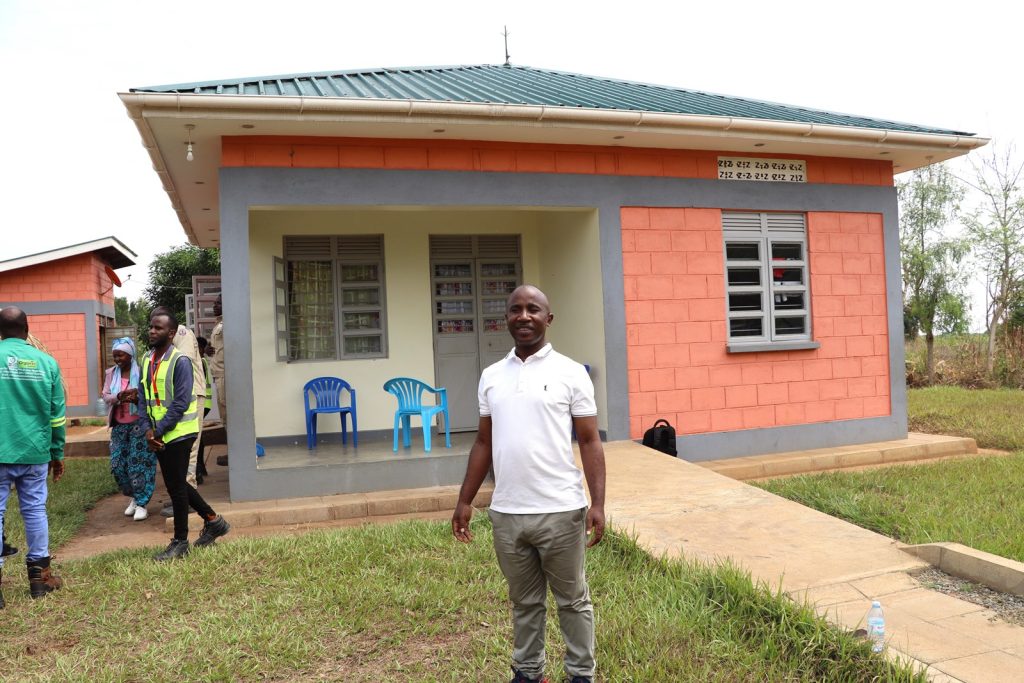
He continued, “Seeing the wells, well pads, regulations, infrastructure, and the oil pipeline being laid, and being assured that oil will flow within a year, has been enlightening. We’ve learned a lot about the connections between the environment and how plans are in place to mitigate environmental damage. We also saw how agriculture is integrated into livelihood restoration for project-affected persons, with strategies to strengthen these livelihoods through training, seeds, and advanced technologies.”
Dr. Tatwangire concluded, “I return with a great appreciation for the progress being made. As researchers, our role is to identify gaps, explore research questions, and provide the evidence policymakers need to improve policy planning. I am grateful to EfD, our financiers, and Makerere University for these opportunities, and I hope for more such engagements to enhance our relevance in policy debates and development.”
Jane Anyango is the Communication Officer EfD Uganda
More photos from the Field Visit
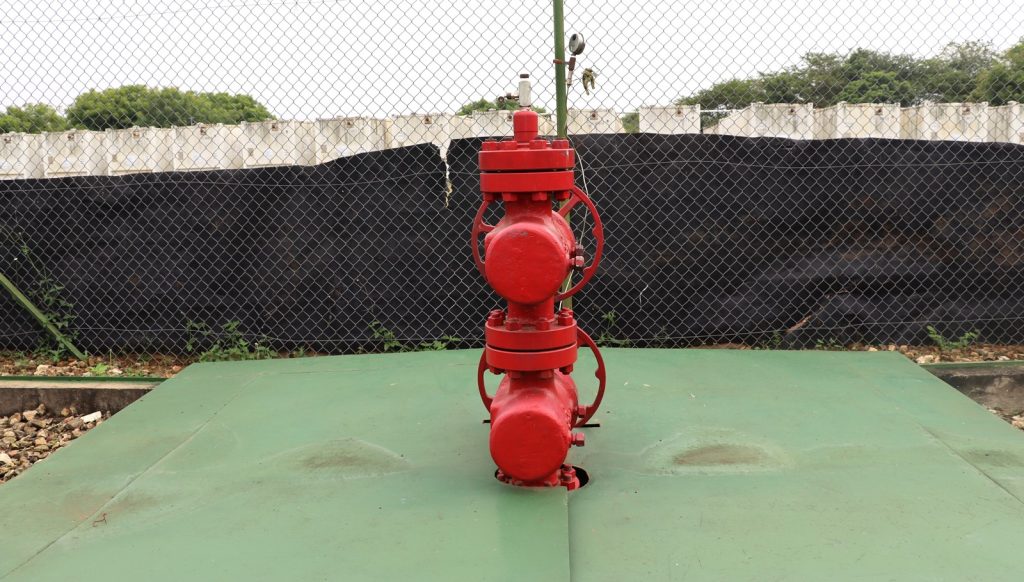
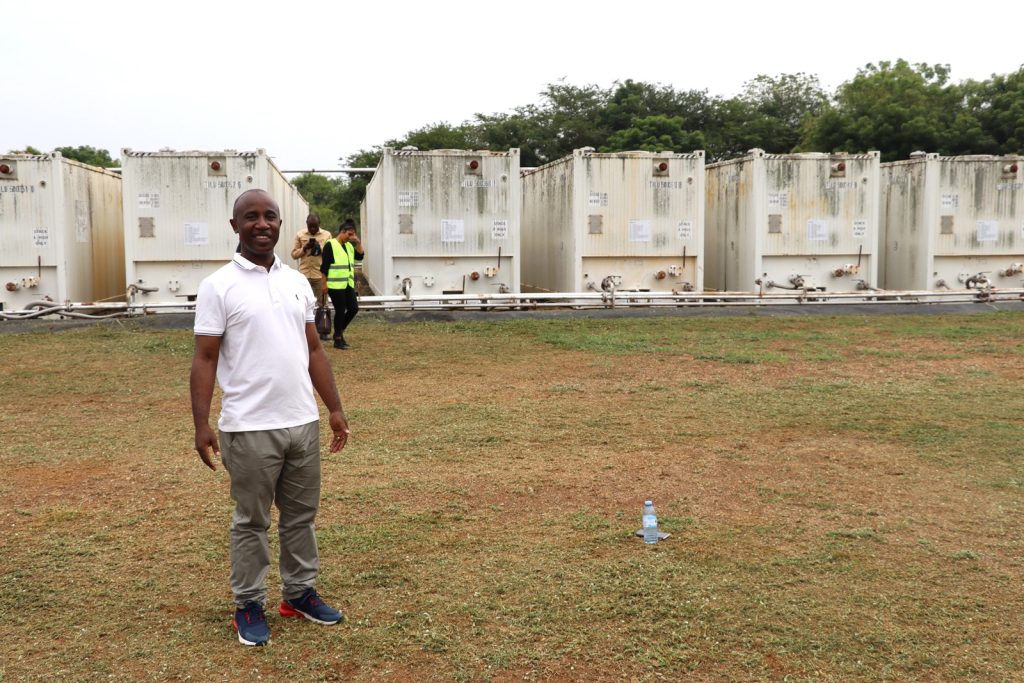
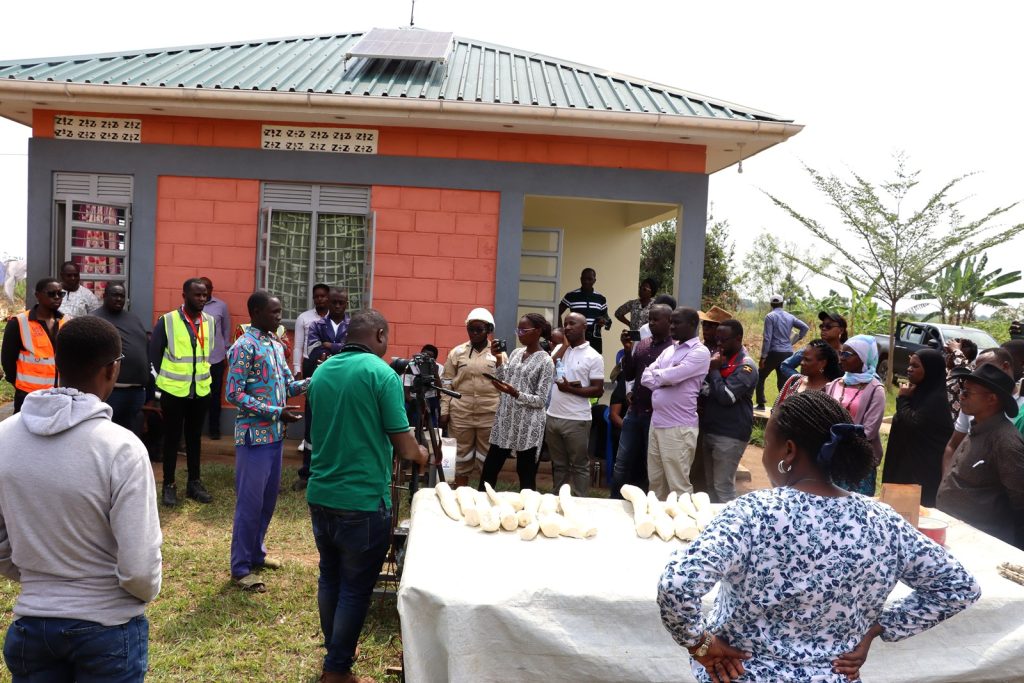
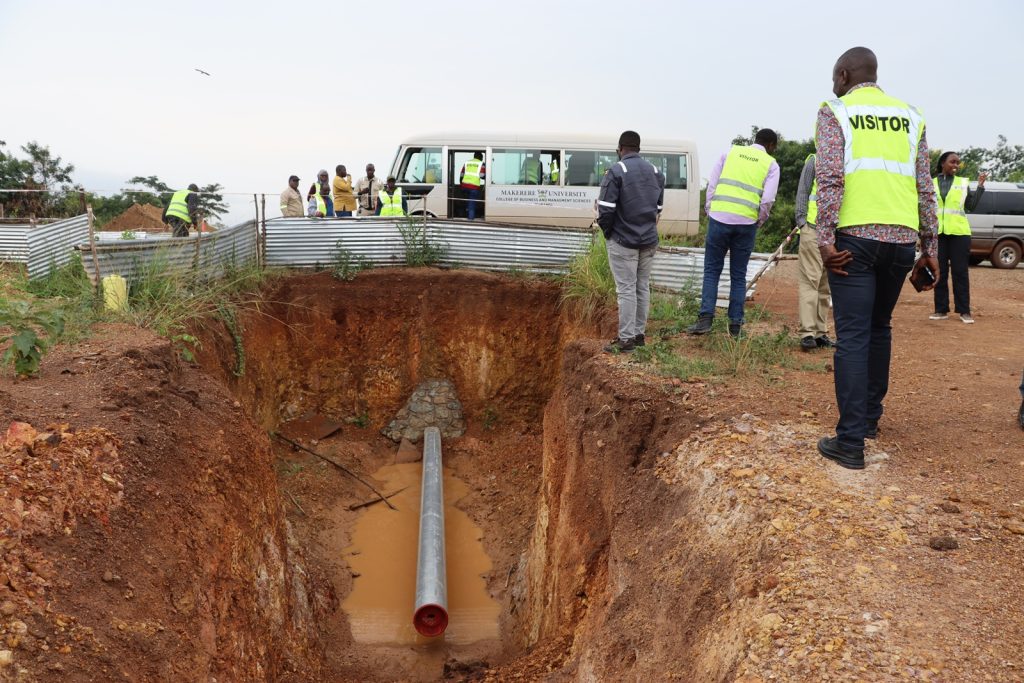
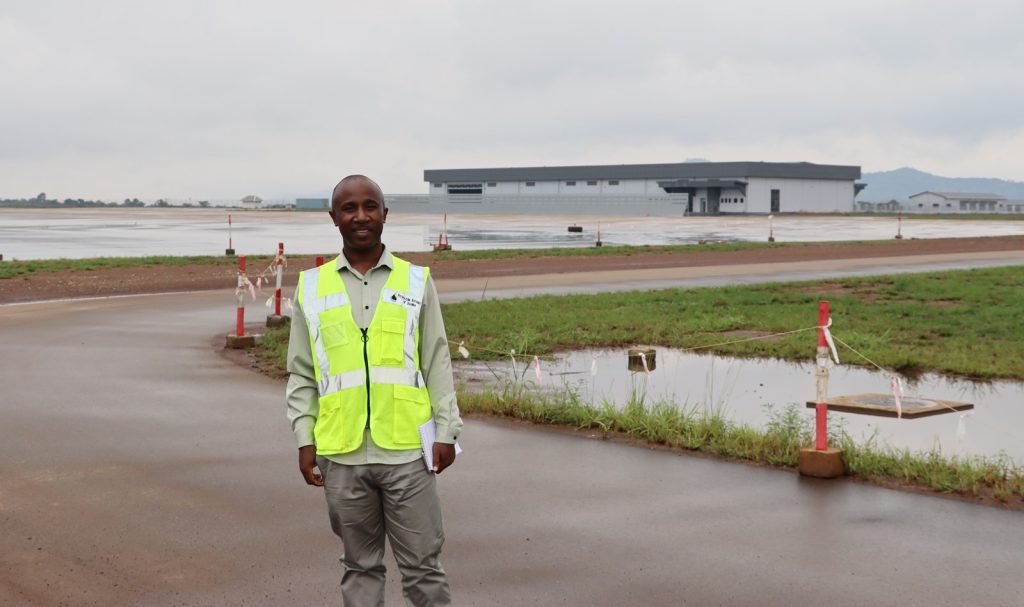
Business & Management
EfD Hosts Policy Dialogue on Energy Efficiency and Reduced Emissions: Hoima Residents Call for Expanded Access to Clean Energy
Published
4 days agoon
July 22, 2024By
Jane Anyango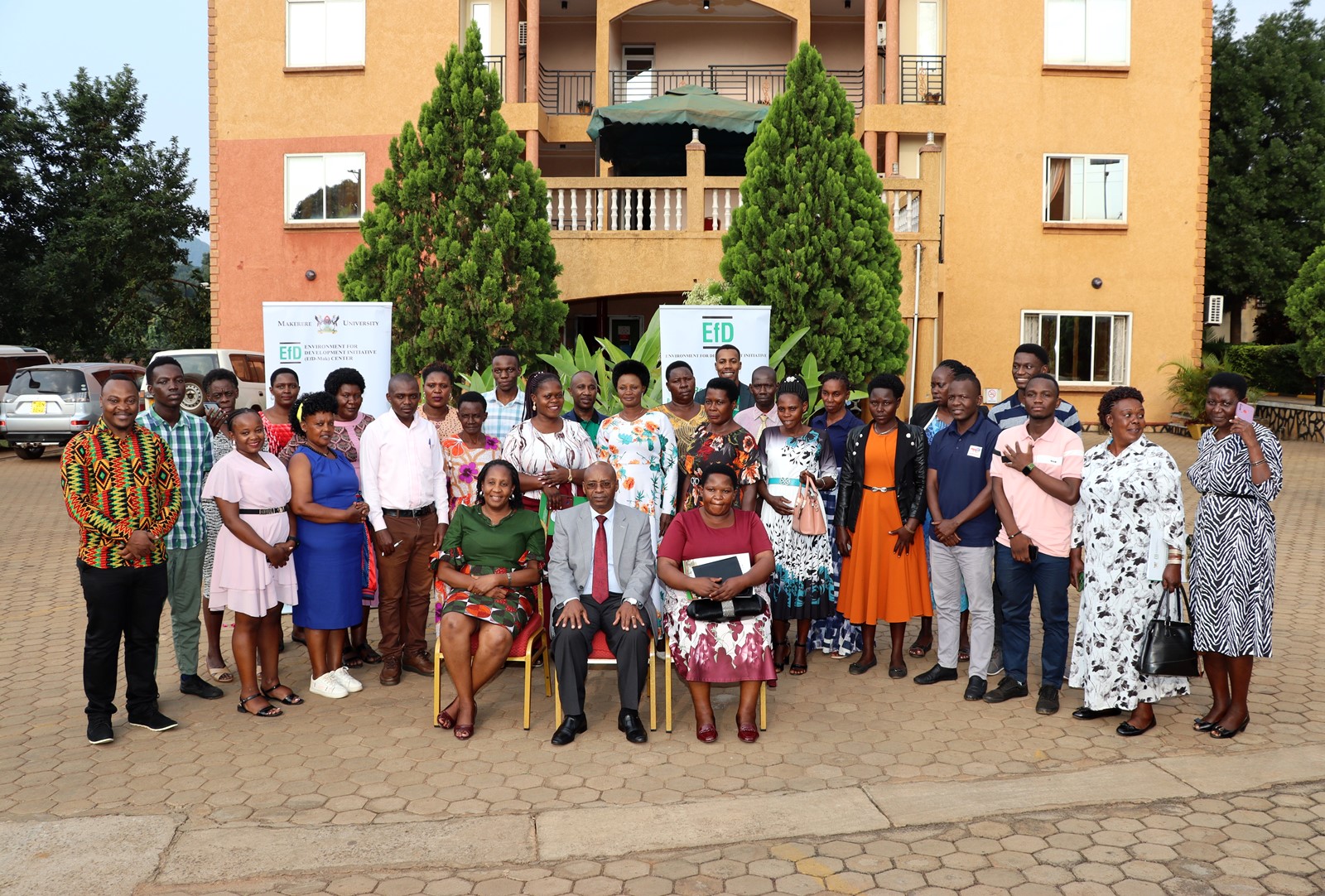
Hoima, July 18, 2024 – Stakeholders from Hoima’s local government, private sector, and civil society organizations have urged the government to expand access to clean energy sources like electricity and LPGs to facilitate the country’s transition from biomass and achieve its green growth strategy. Despite Uganda’s capacity to generate and export electricity to neighboring countries, access and affordability remain significant challenges for rural areas and a large portion of the population.
During a policy dialogue hosted by the EfD-Mak Center in Hoima, themed “Energy Efficiency and Reduced Emissions in Uganda: Facts and Prospects,” stakeholders highlighted the necessity of addressing these challenges. The event, part of the EfD Annual Meeting, gathered district local government officials, both technical and political, as well as academia, youth, and members of the private and civil society organizations.
In his opening remarks, Prof. Johnny Mugisha, Deputy Director of the EfD-Mak Center, emphasized the importance of holding the dialogue in Hoima due to the region’s developments in energy. “The energy we are talking about includes firewood, charcoal, petroleum, electricity, and many others. We deliberately chose Hoima because of the energy developments here, and we are looking forward to petroleum-sourced energy,” Mugisha explained.
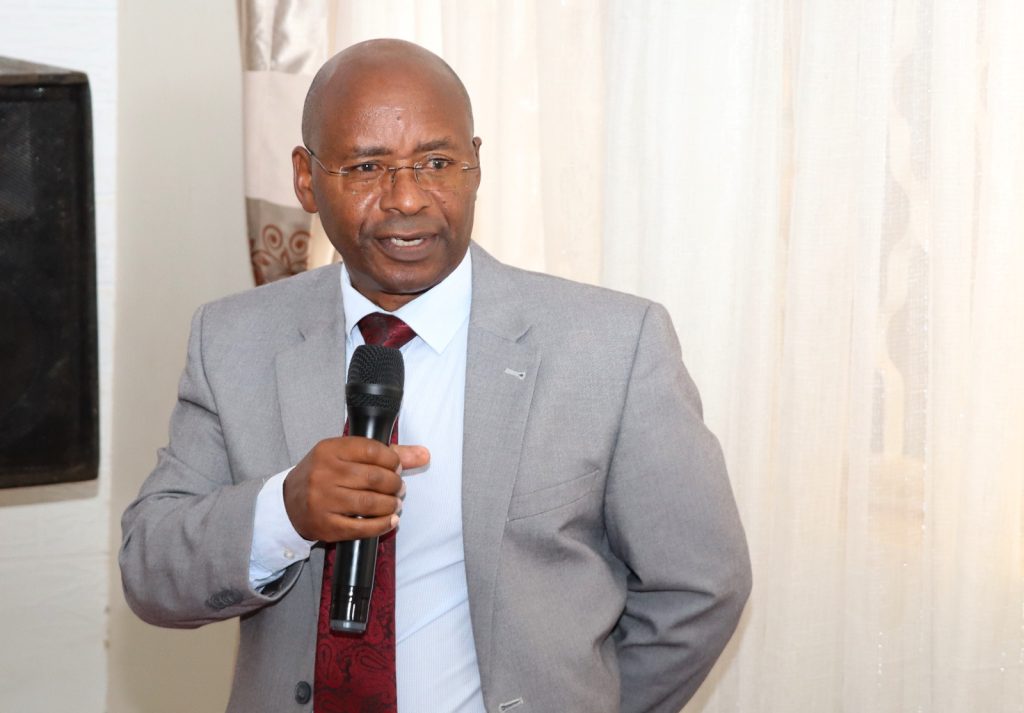
He noted the slow and long-term transition from biomass to cleaner energy sources, underscoring the need for discussions around biomass and clean energy. “Energy efficiency means how much you get from the energy you use to achieve a result, for example, how much electricity you use when cooking matooke,” he said. “This dialogue is a roundtable discussion for us all to give our input on what is causing what and how best to sustainably use the environment as we transition to clean energy sources.”
Prof. Mugisha stressed the university’s commitment to promoting such dialogues across the country. “Our intention is to get the root causes right from the grassroots communities so that together we can propose solutions to inform policymakers for decision-making and implementation,” he concluded.
Uganda’s Path to Energy Efficiency and Reduced Emissions: Key Insights from Dr. John Sseruyange
In his presentation Dr. John Sseruyange highlighted the critical role of energy efficiency and emission reduction in transforming Uganda from a peasant society to a modern, prosperous nation, as envisioned under Vision 2040.
“Energy acts as a catalyst that drives all other sectors,” stated Dr. Sseruyange. With agriculture contributing to 71.7% of employment, the mechanization of Uganda’s economy and the expanding transport sector are significantly increasing fossil fuel and biomass usage, leading to heightened carbon emissions and deforestation.
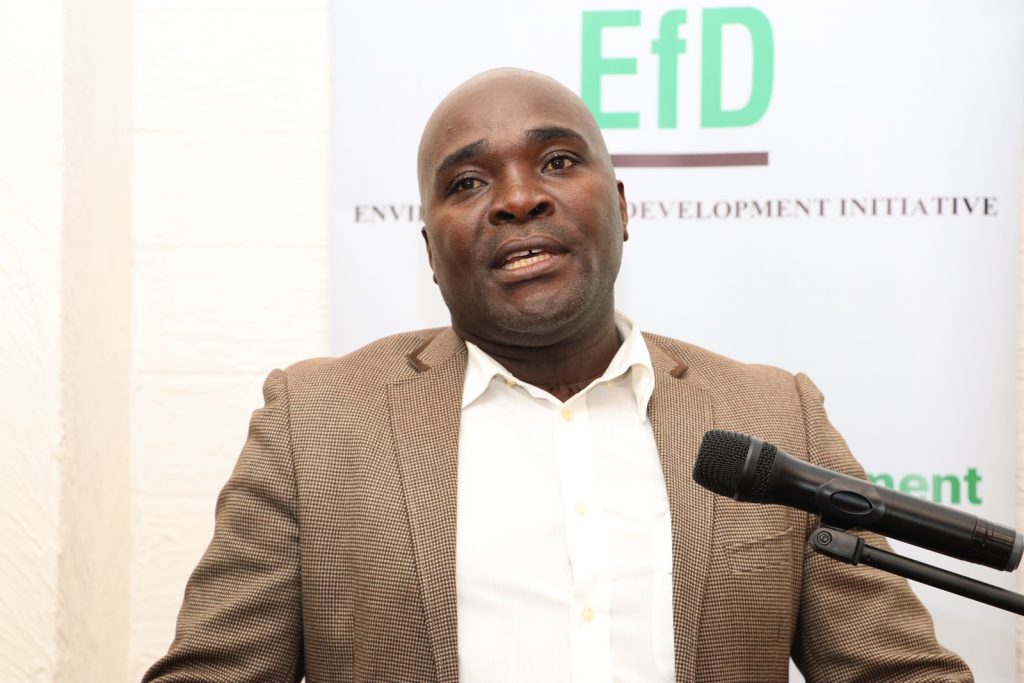
Dr. Sseruyange warned of the dangers of biomass reliance, noting that Uganda’s forest cover has decreased from 24% in 1990 to 9% in 2015 due to tree cutting for firewood and charcoal. “The rapid rate of forest depletion is alarming,” he said, emphasizing the health and environmental impacts of biomass fuels, including air pollution and associated diseases.
The presentation highlighted that women and children, especially girls, are disproportionately affected by biomass fuel collection, which hampers productive activities and schooling. “The burden of wood fuel collection falls heavily on women and children,” noted Dr. Sseruyange.
Dr. Sseruyange identified several barriers to energy transition in Uganda, including weak implementation capacity, cultural preferences, and limited accessibility to affordable and reliable clean energy. He pointed out that only 42% of the population had access to hydropower by 2021, and many clean energy systems, such as LPG, remain unaffordable for small businesses.
Addressing governance, Dr. Sseruyange explained the complex interplay of institutions involved in promoting efficient energy systems, ranging from the Ministry of Energy and Mineral Development to international organizations like the World Bank. He stressed the importance of household and industrial capacity in adopting new technologies.
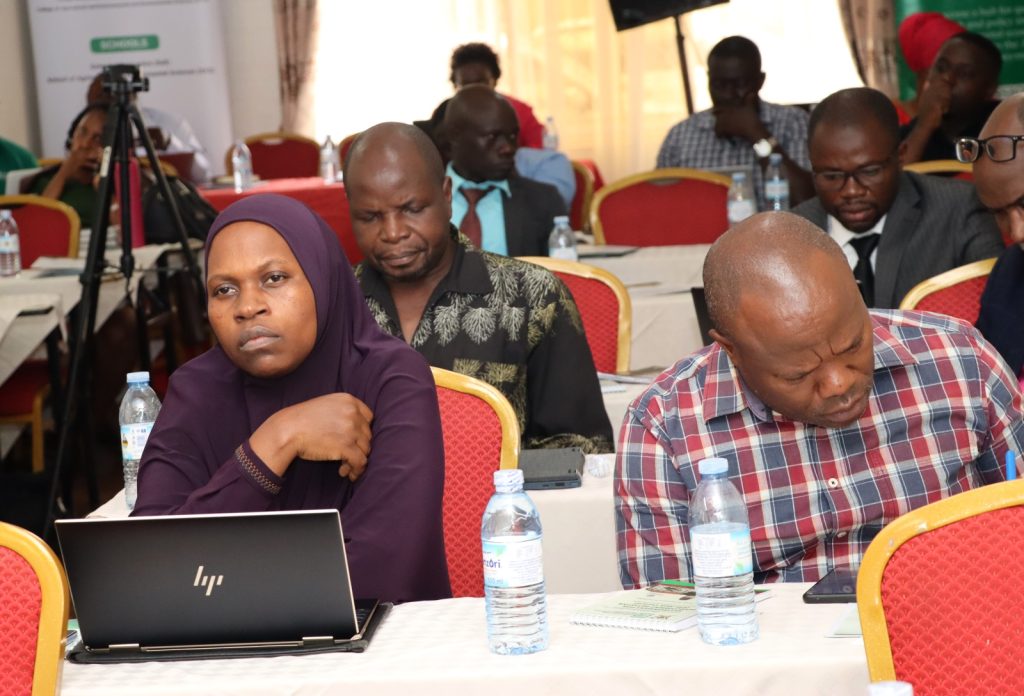
Despite these challenges, Dr. Sseruyange outlined several promising initiatives aimed at enhancing energy efficiency and reducing emissions. Vision 2040 focuses on upgrading industrial technologies to less energy-consuming alternatives. The National Development Plans aim to increase clean energy accessibility and promote efficient cooking technologies. The Uganda Green Growth Development Strategy emphasizes low carbon development and solar energy installation.
Additionally, Uganda’s hydropower capacity has increased from 1278.6 MW in 2019/20 to 1370.8 MW in 2021/22, demonstrating improved energy generation capacity. Solar energy expansion efforts have resulted in off-grid solar installations reaching 30,000 households, with several solar PV plants contributing over 65 MW. The Clean Cooking Supply Chain Expansion Project has sold 72,535 energy-saving stoves by 2020. Furthermore, the government is aiming to distribute 1 million subsidized LPG cylinders to promote cleaner cooking technologies.
Dr. Sseruyange also highlighted the establishment of Kiira Motors to produce electric vehicles and the development of highways and non-motorized transport systems to reduce urban traffic congestion and emissions. “The government is taking significant steps towards a sustainable energy future,” he concluded.
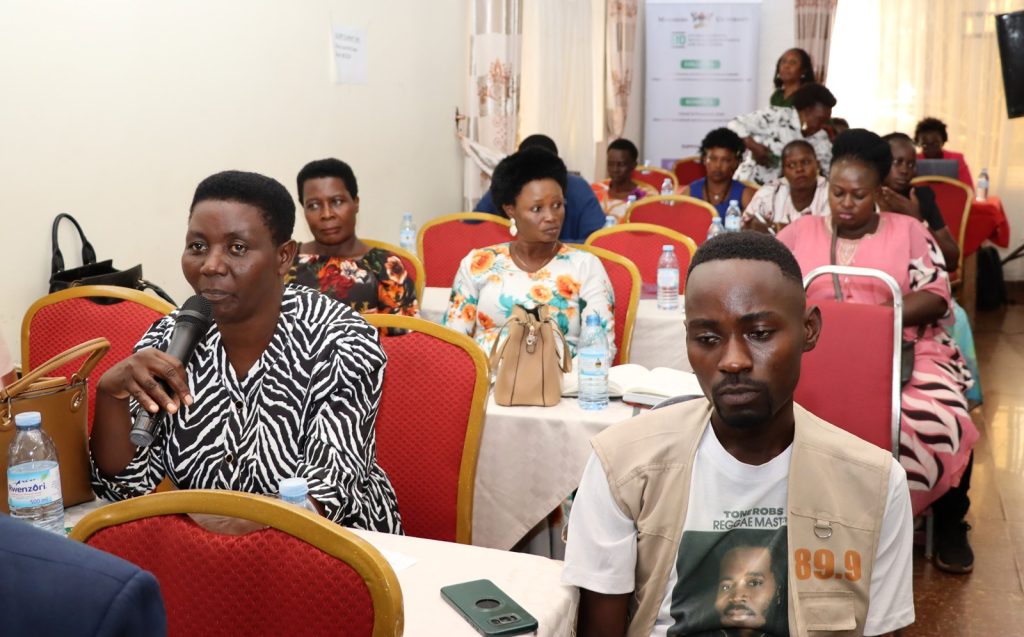
In closing, Dr. Sseruyange called for policy and regulatory reforms, public awareness campaigns, and rigorous assessments to promote energy transitions. “How can we, as a nation, collaboratively promote energy transitions?” he posed to the audience, urging collective action from government, NGOs, and the general public.
Participants React
During the plenary discussions, several interventions were proposed to enhance the transition to green technologies. Highlighting the negative environmental impacts of high school dropout rates.
Participants noted that many youths turn to activities like bricklaying, charcoal burning, and sand mining for survival, which harms the environment. They called for public education and awareness programs to address fears and cultural biases against new energy technologies. “Education on the benefits of using these technologies is crucial,” said Harriet the district natural resources officer.
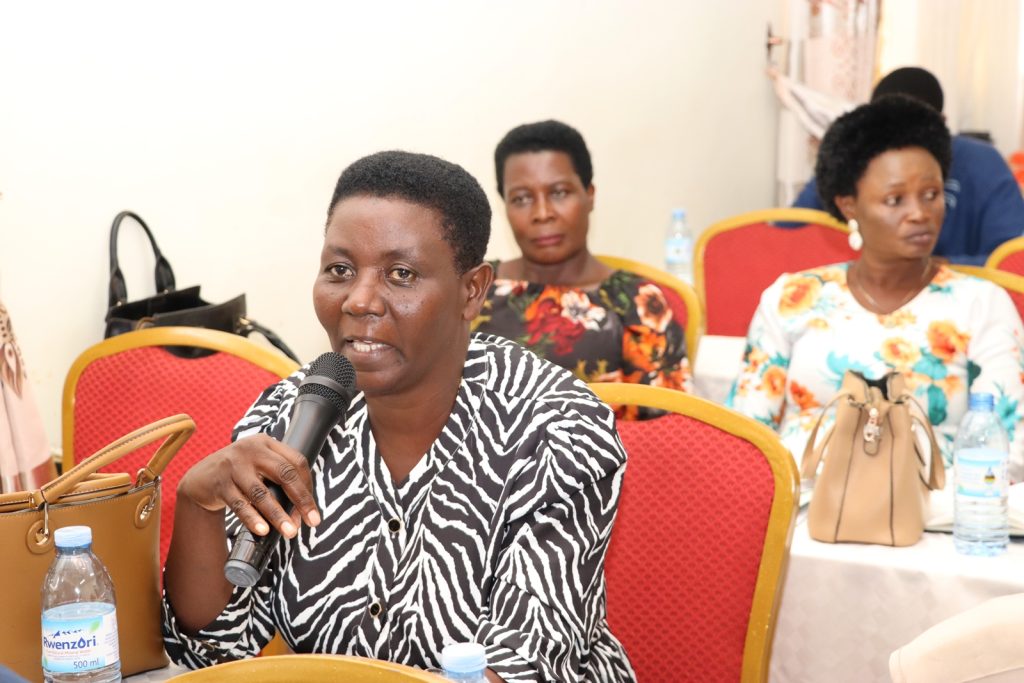
Affordability of new energy sources was another major concern, with high initial costs and refilling expenses for LPGs making them inaccessible for many rural poor.
Participants also highlighted the problem of low-quality counterfeits sabotaging payment schemes for acquiring new technologies, calling for regulation to address quality standards.
Cultural perceptions that clean cooking energies are for the rich and lazy further hinder the transition, underscoring the need for continuous public sensitization, which they stressed should be physical.
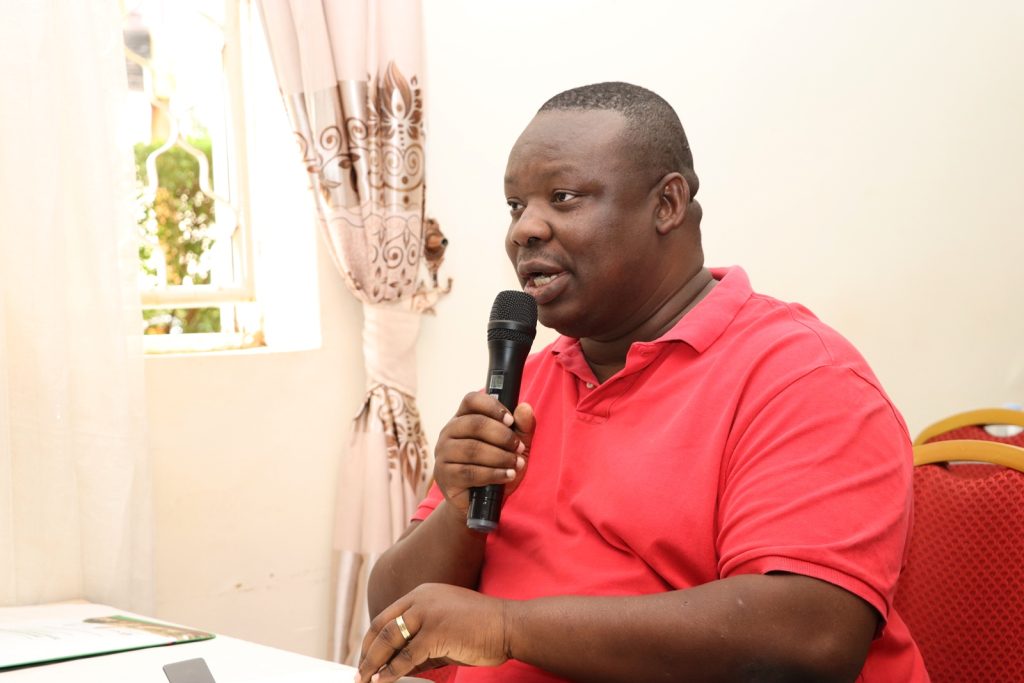
Limited budgets for local governments and weak enforcement mechanisms were also cited as barriers to implementing clean energy programs. Participants proposed subsidies for manufacturers and consumers of clean energy sources, expanding access to electricity and LPGs in rural areas, and ensuring widespread availability and awareness of green technologies.
Hoima District Leadership Decries Effects of Indoor Pollution
The Vice Chairperson of Hoima District, Hellen Namulumba, raised concerns about the severe effects of indoor pollution on the community’s health.
Closing the policy dialogue, Namulumba appreciated the organizers for addressing these critical issues, noting that many lives have been lost due to ignorance about the dangers of indoor pollution.
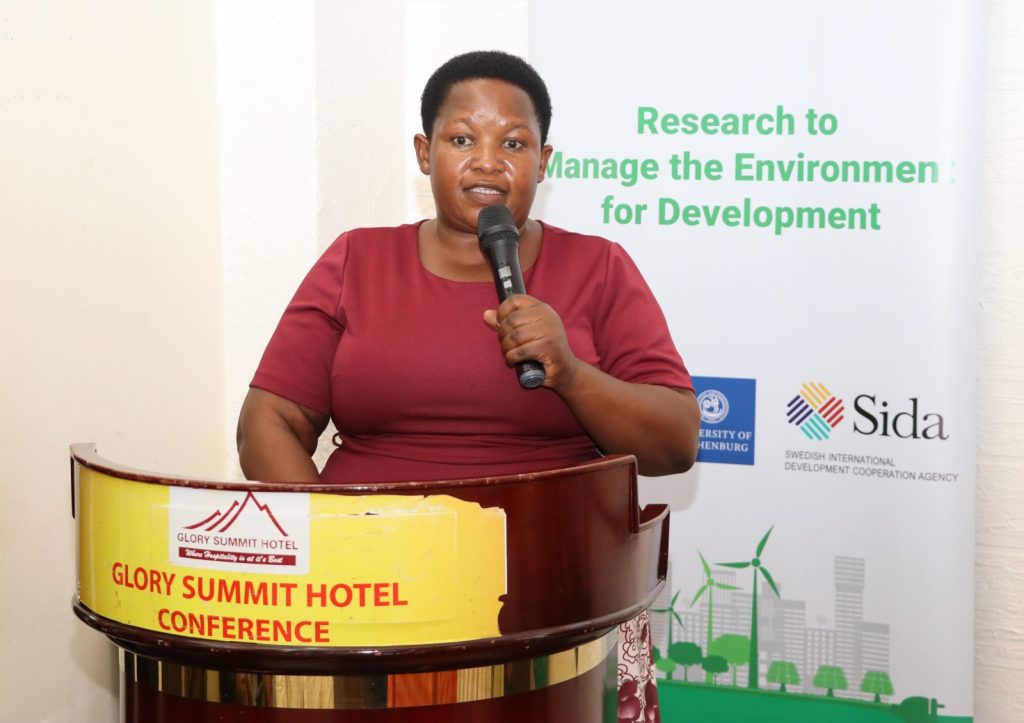
“There is no single woman in the village who would wish to continue cooking on firewood but they are incapacitated. They can adopt to other energy sources like electric and gas cockers”, she stressed
Namulumba highlighted the increasing cases of cancer, associating the disease to the use of biomass. “It is my prayer that we conduct many of these engagements at the grassroots level, bringing on board sub-county political leaders,” she said.
She called for government intervention to reduce indoor pollution by extending power coverage to rural areas beyond 50%, reducing power unit costs for domestic users, and ensuring consistent power supply. “If government can intervene, indoor pollution can reduce. If government can extend power coverage to rural areas beyond 50% and reduce the cost of power units for domestic users and ensure there is consistency in power supply, I think our people can enjoy this country,” Namulumba stated.
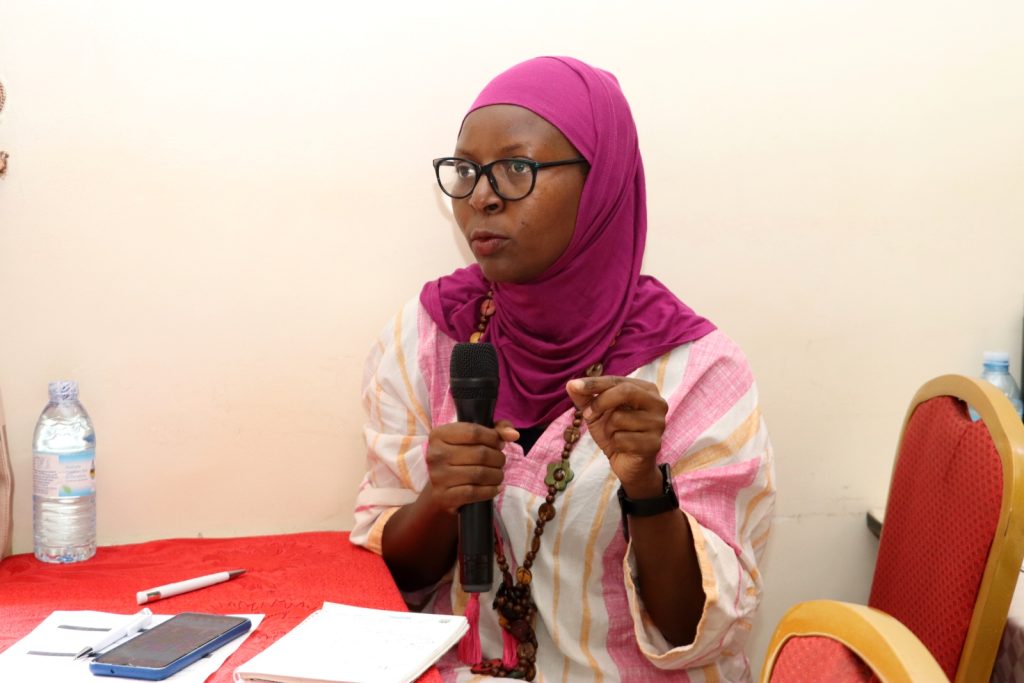
She also emphasized the need to support small-scale innovators, such as those manufacturing briquettes and improved cooking stoves, to reduce indoor pollution. Additionally, she called for strengthened policies for emission control systems in automobiles to reduce cancer and other disease rates.
“If at all government can boost small-scale innovators like assisting briquette manufacturers in marketing their products through sensitization, boost those making improved cooking stoves, we can reduce indoor pollution,” she said. “And if government can strengthen policies for emission control systems in automobiles that can greatly make an impact in reducing the rate of people dying of cancers and other diseases.” she proposed.
Namulumba thanked the participants for their attendance and pledged the district’s commitment to support them in these initiatives, appealing to them to come up with budgets to support those engaged in making alternative energy sources.
Jane Anyango is the Communication Officer EfD Uganda
Trending
-
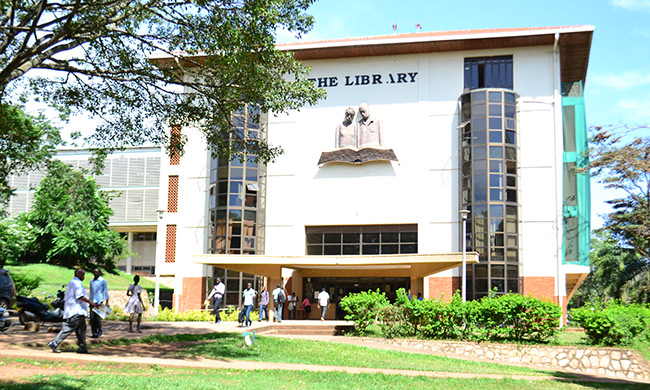
 General1 week ago
General1 week agoDiploma/Degree Holders Admission Lists 2024/25
-
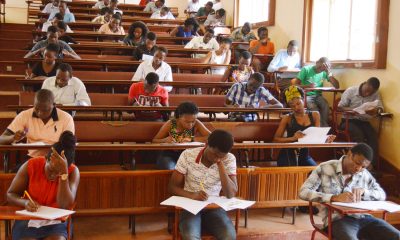
 General1 week ago
General1 week agoAdvert: Mature Age Entry Scheme – Private Sponsorship 2024/2025
-
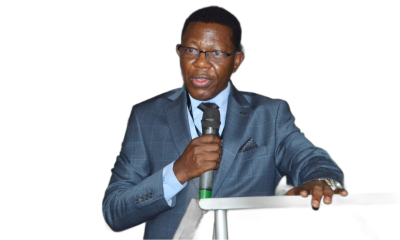
 General5 days ago
General5 days agoProf. Buyinza Mukadasi Appointed Acting DVC Academic Affairs
-
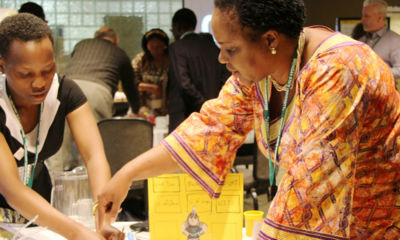
 General1 week ago
General1 week agoAfrican Futures Research Leadership Program: Cohort 5 – Call for Scholars
-
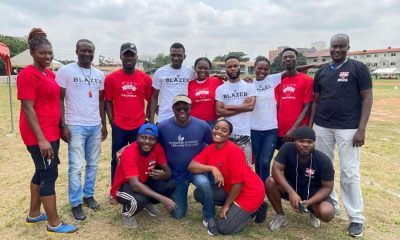
 General1 week ago
General1 week agoNow Open: CADFP Project Requests
